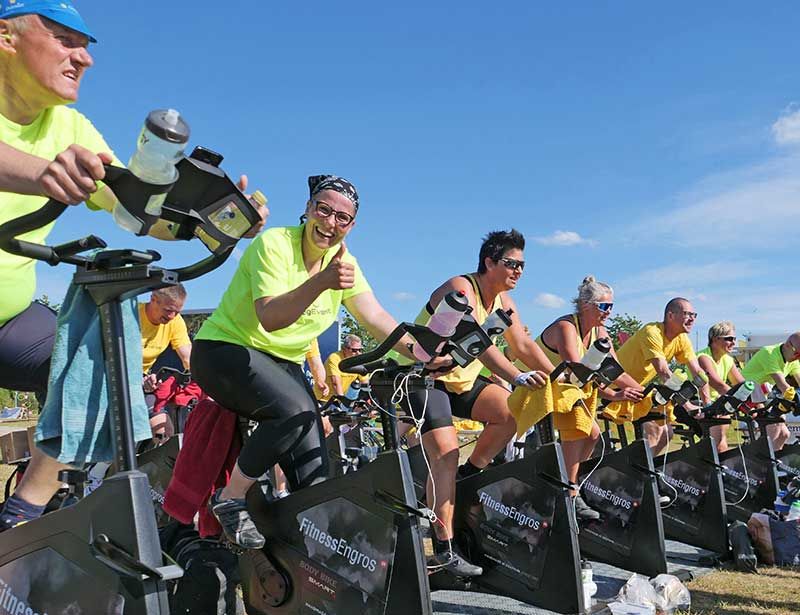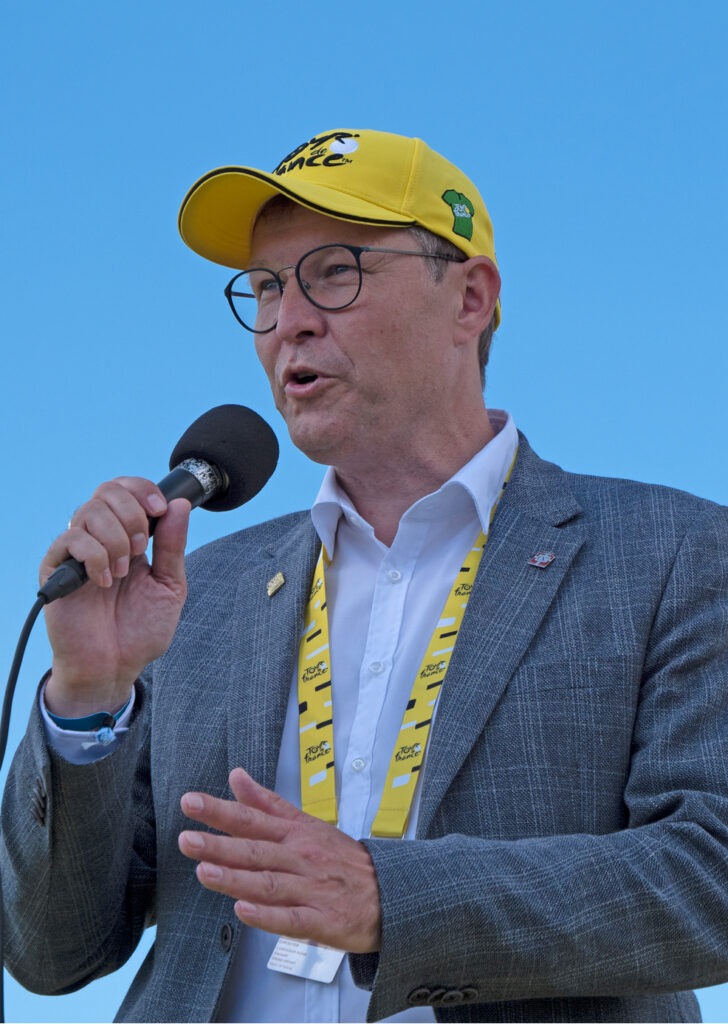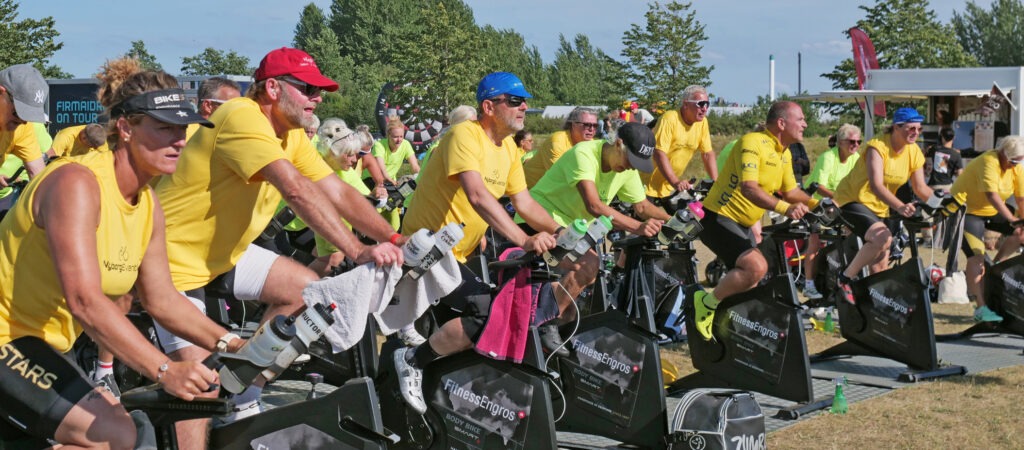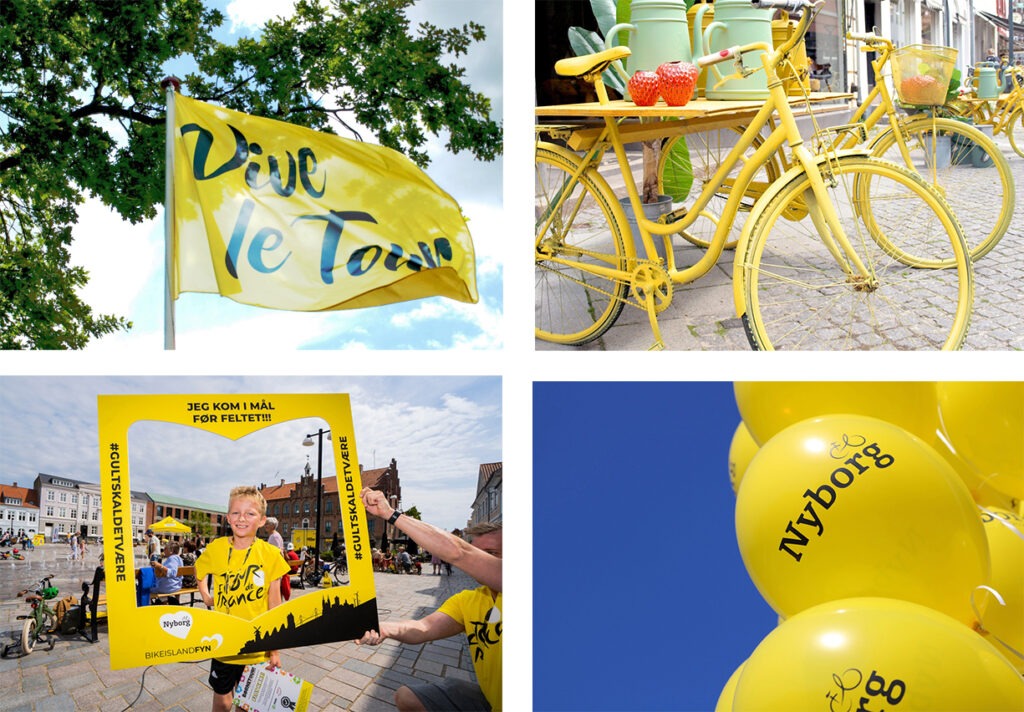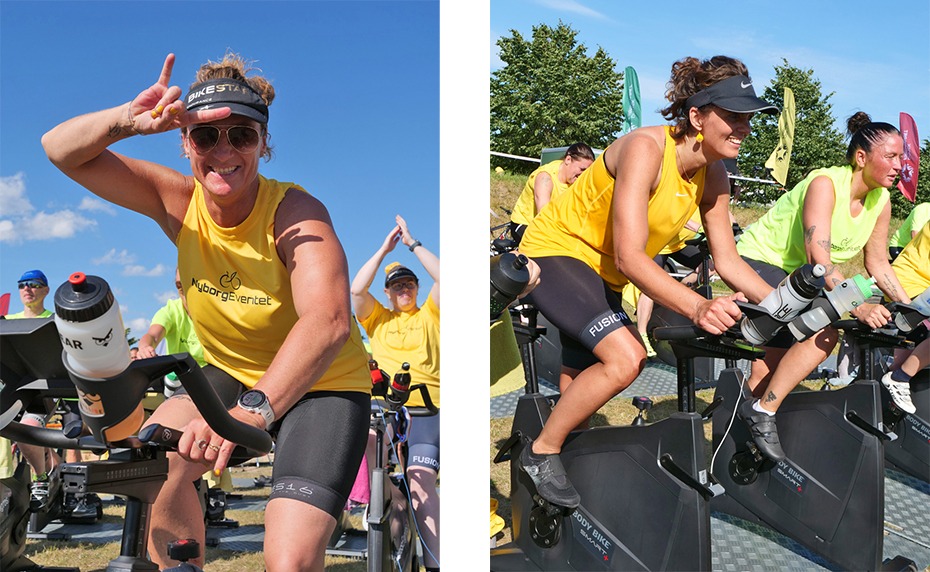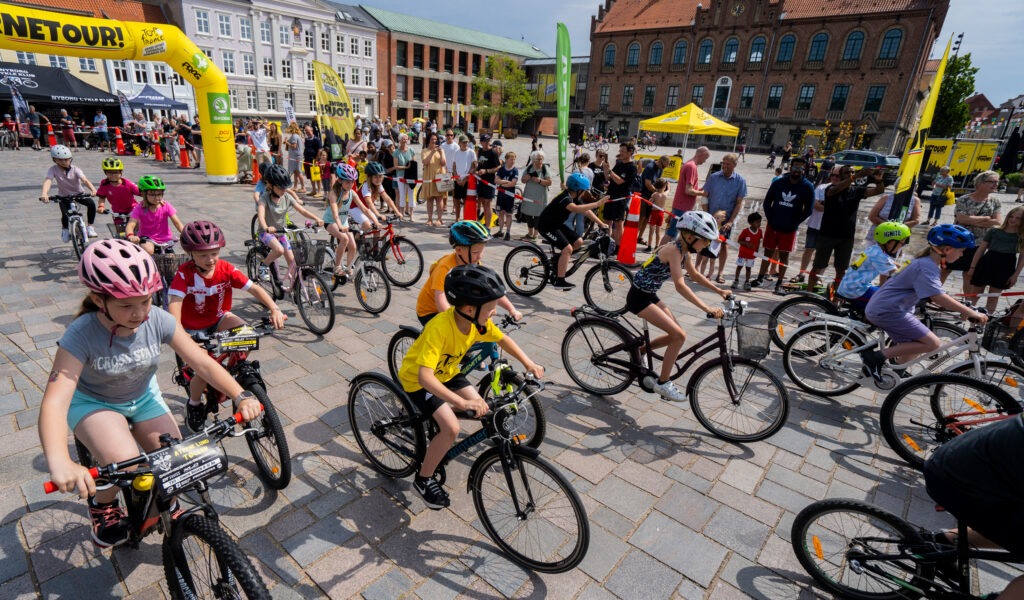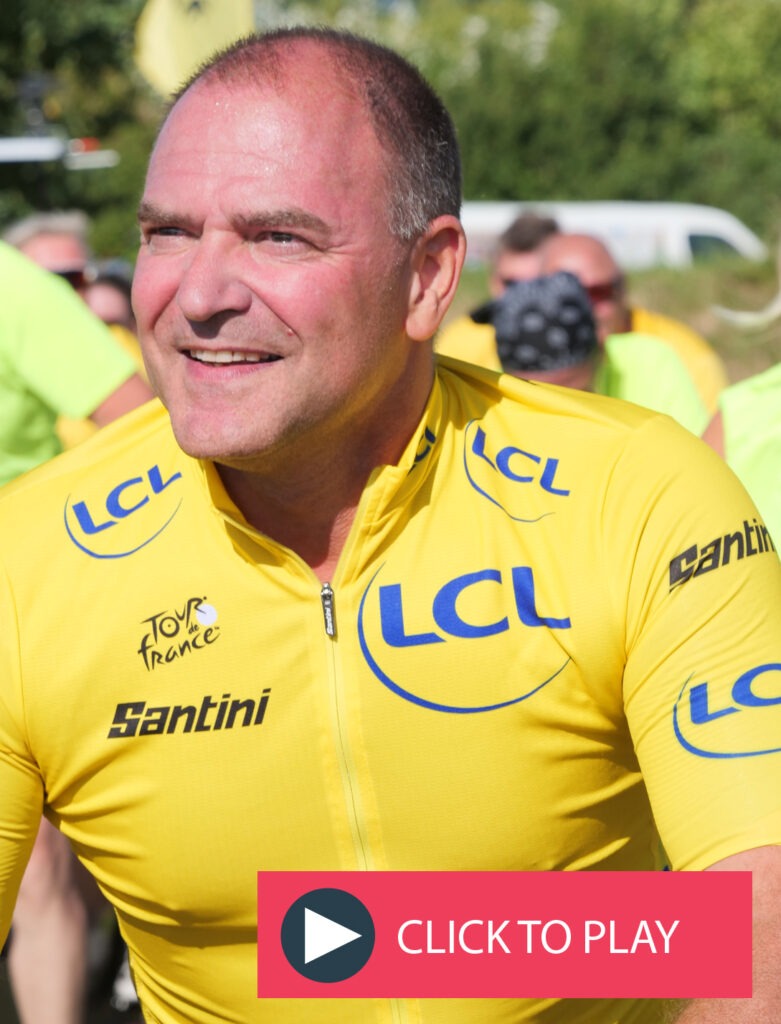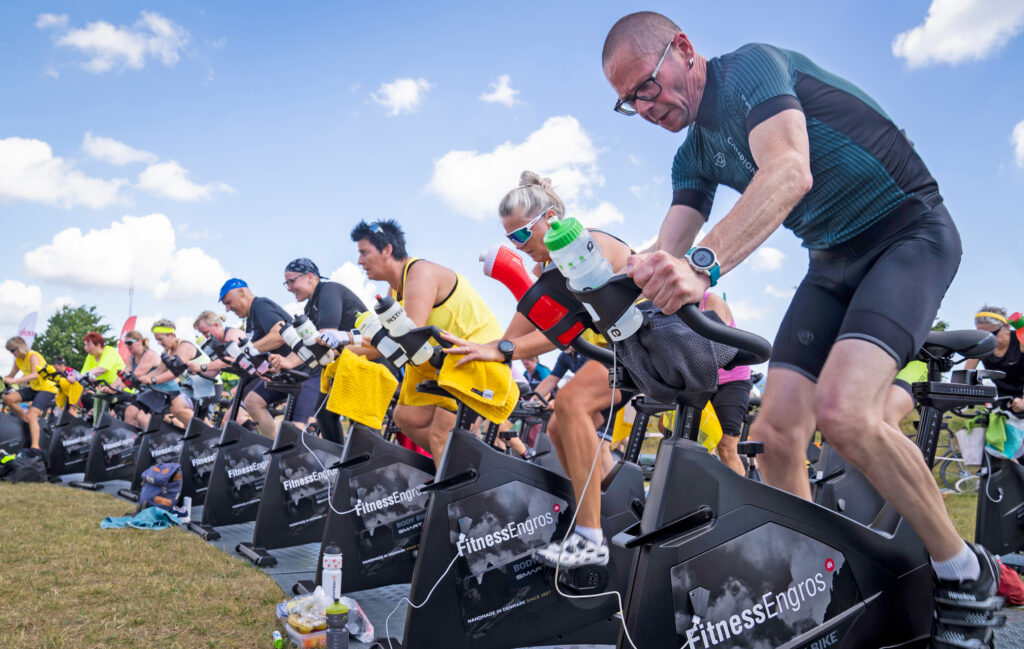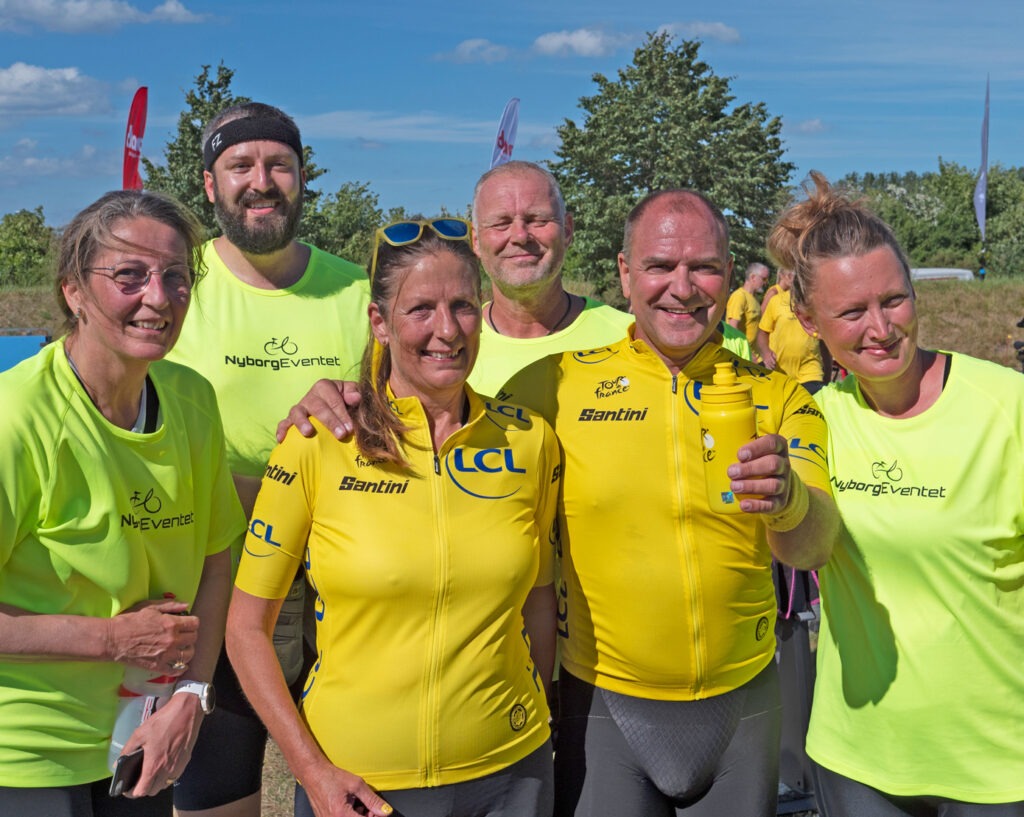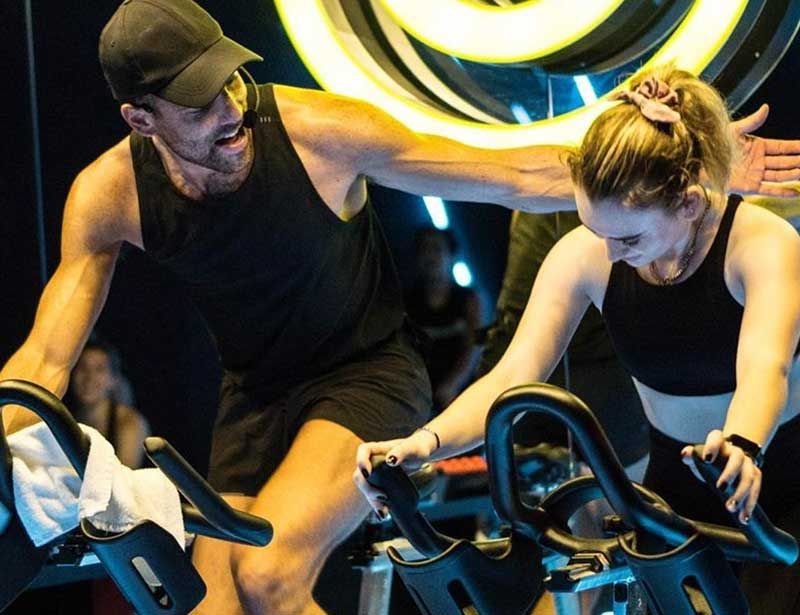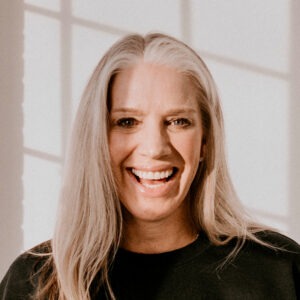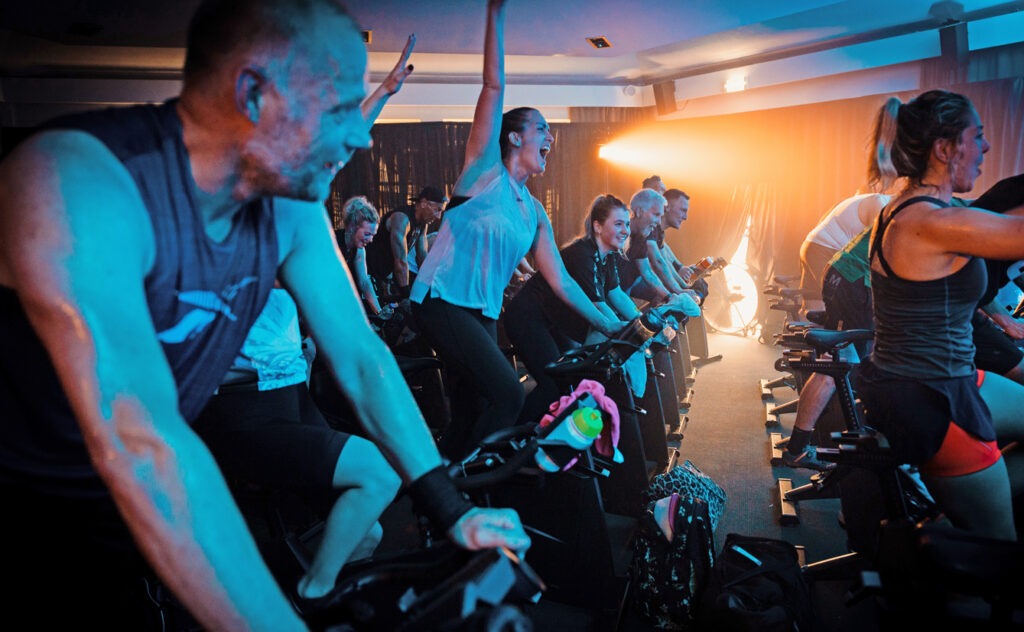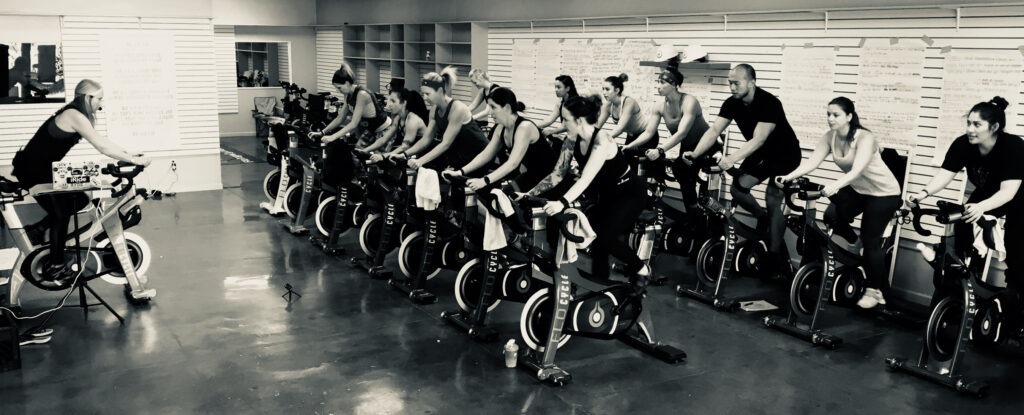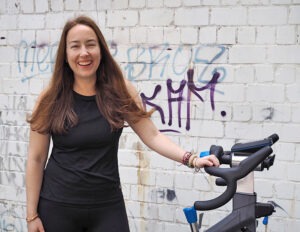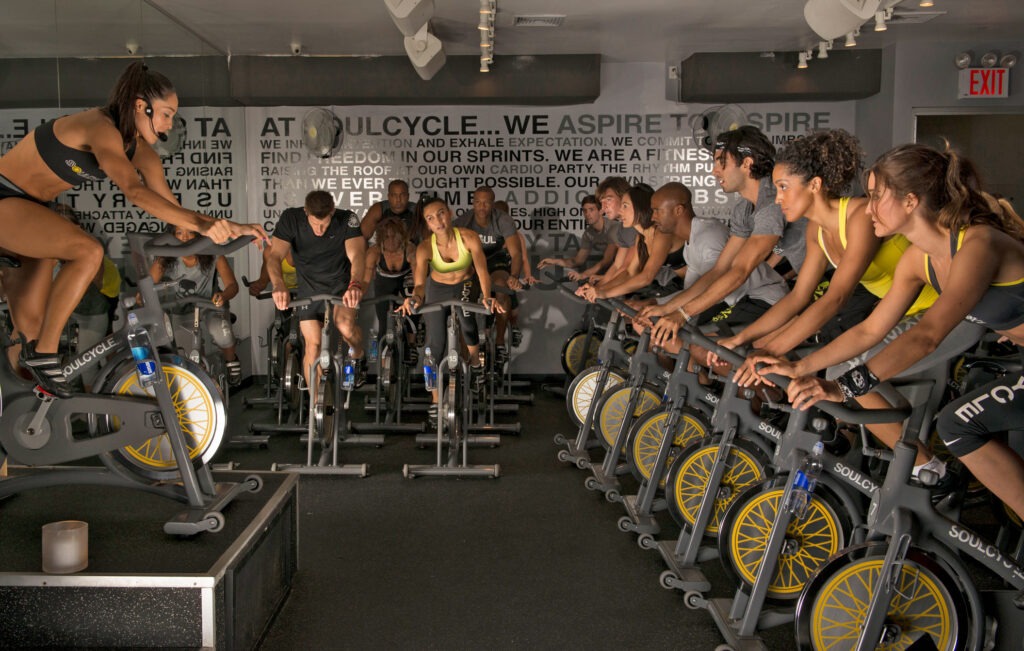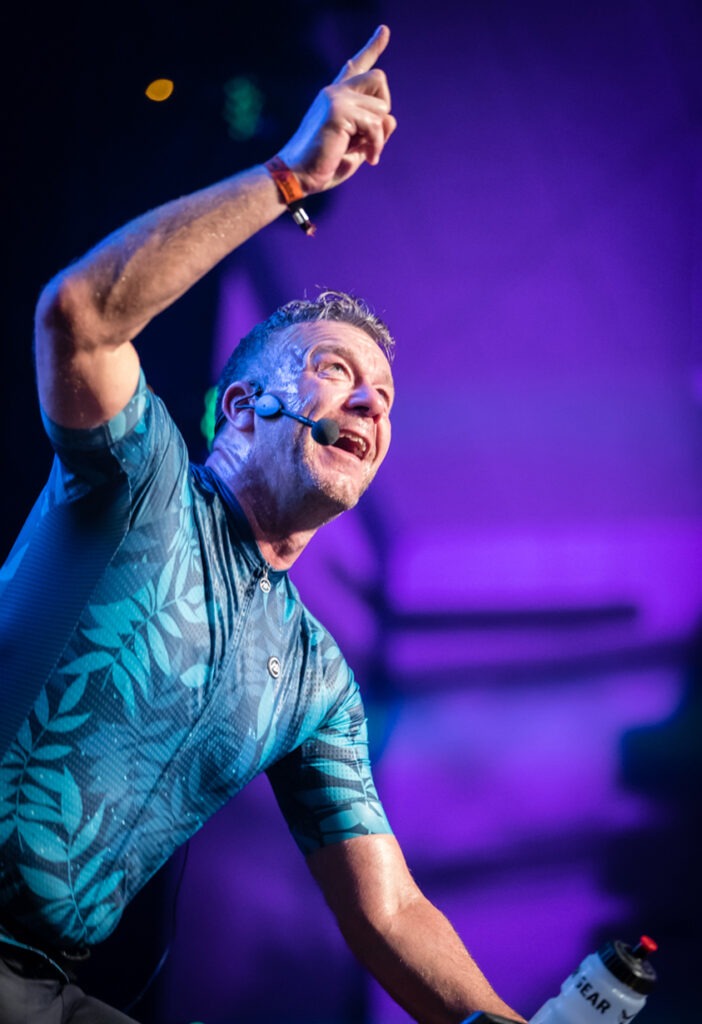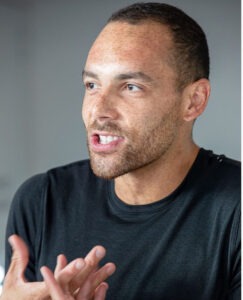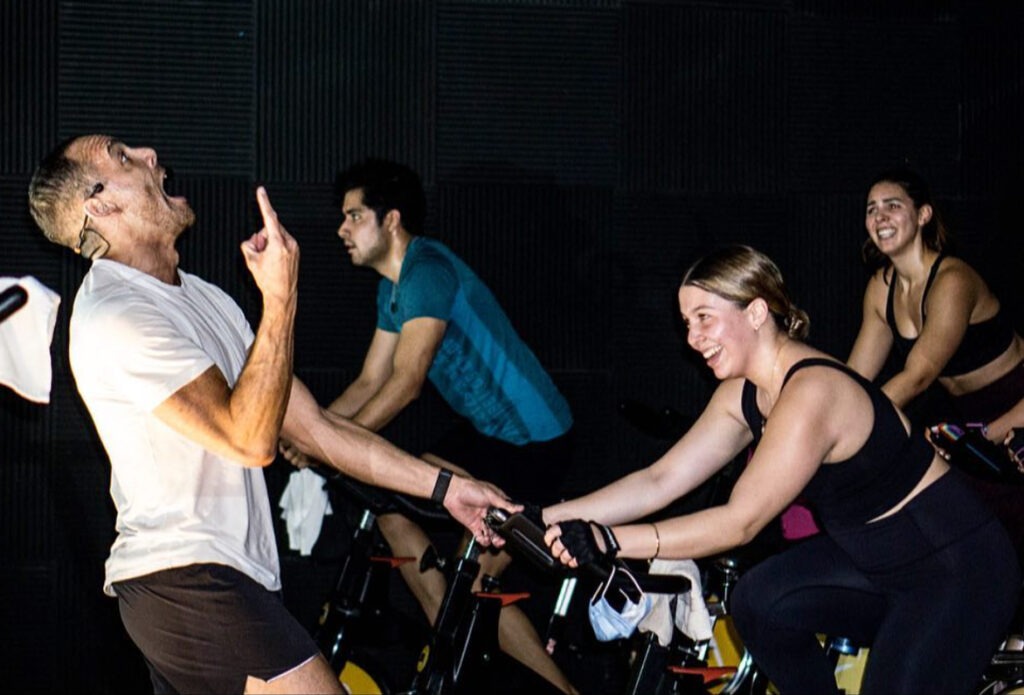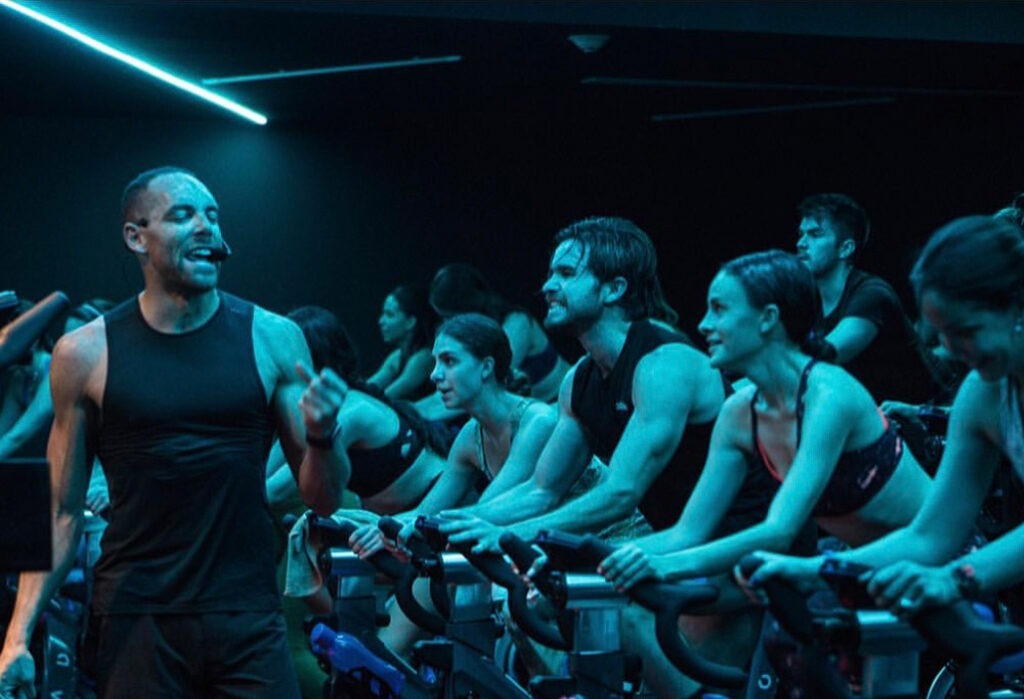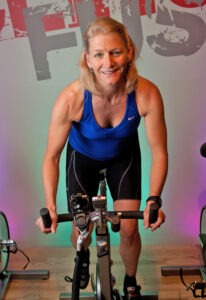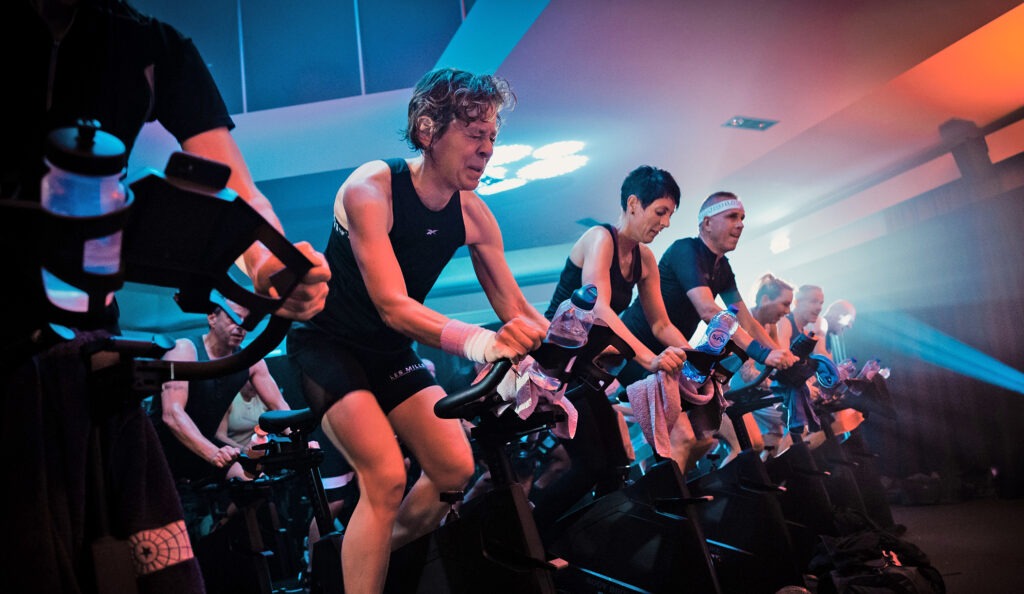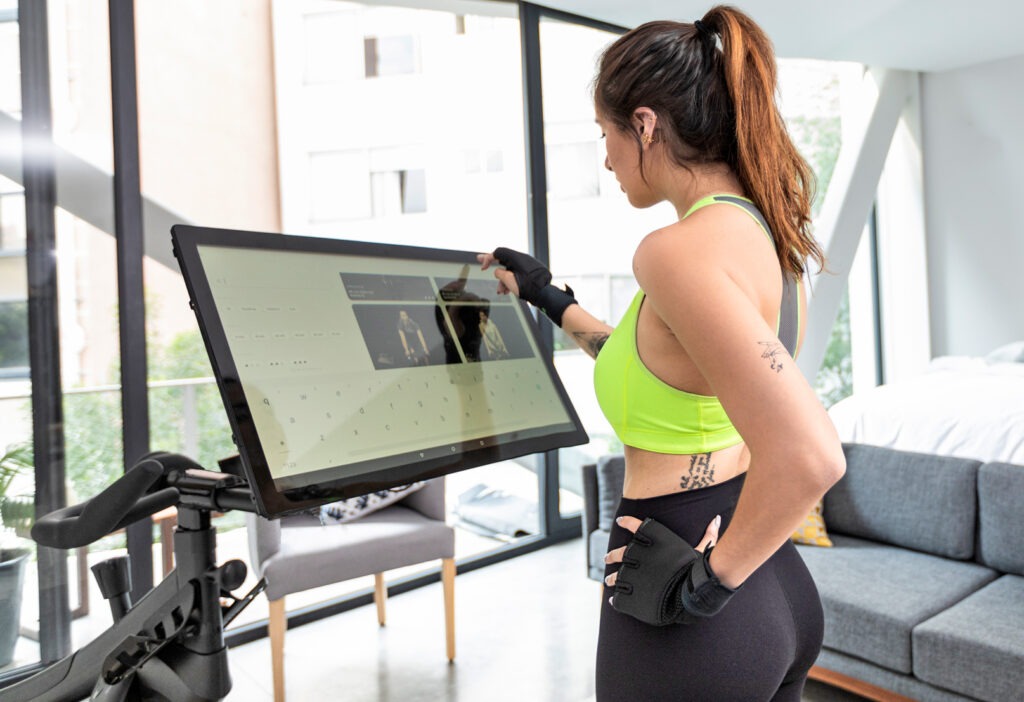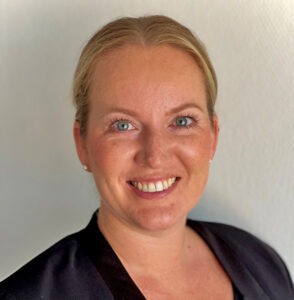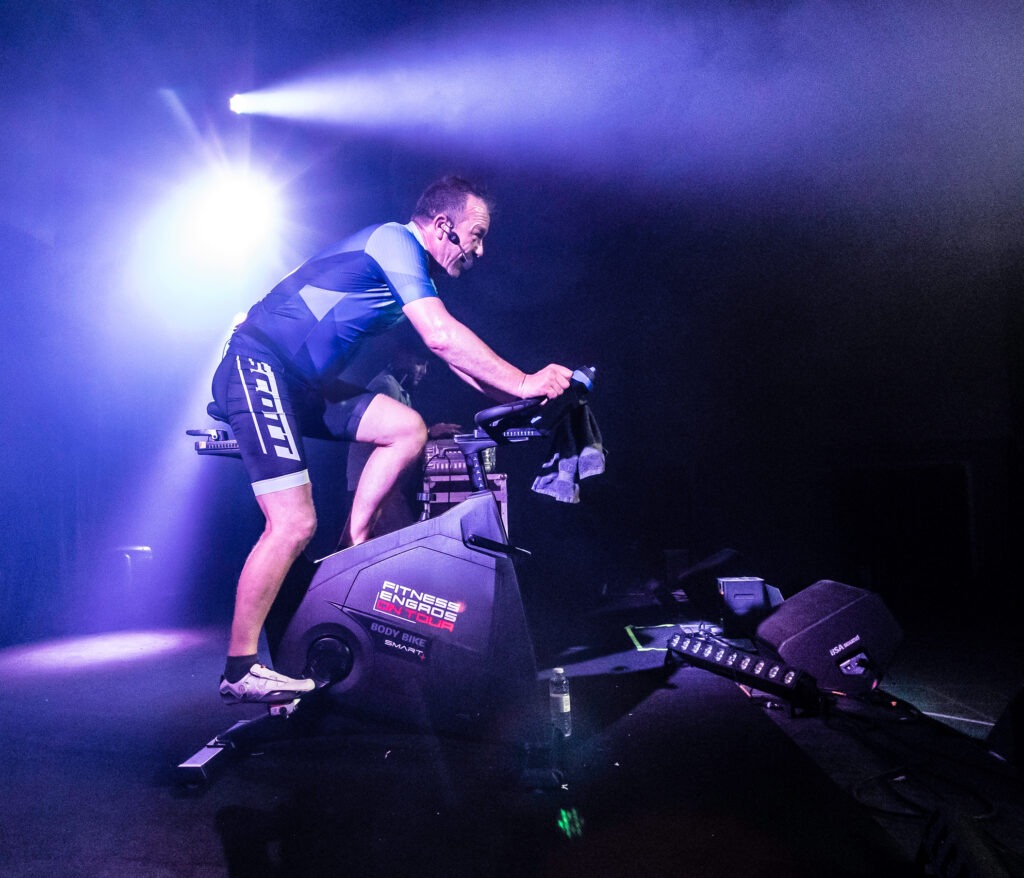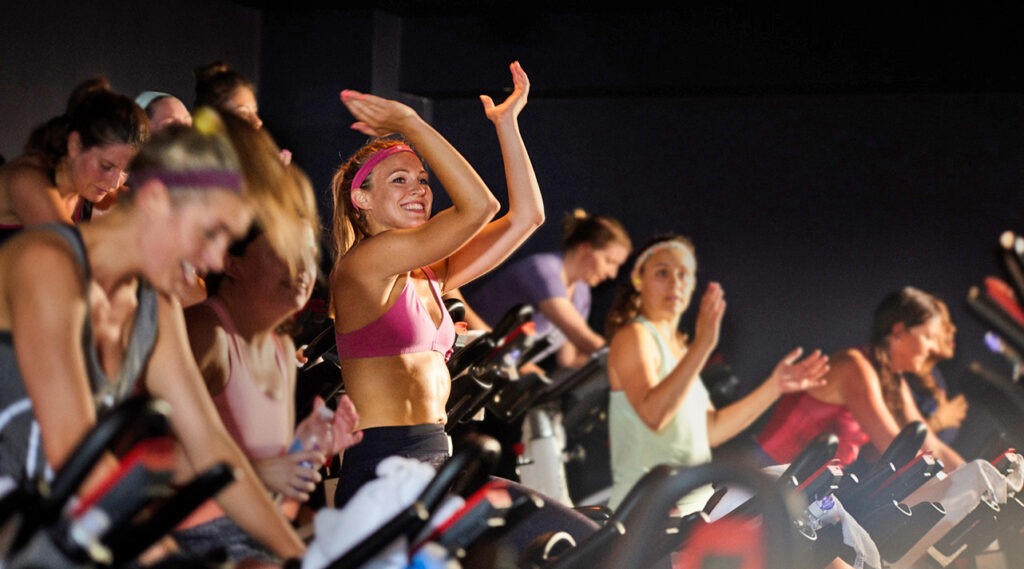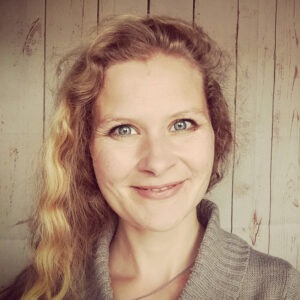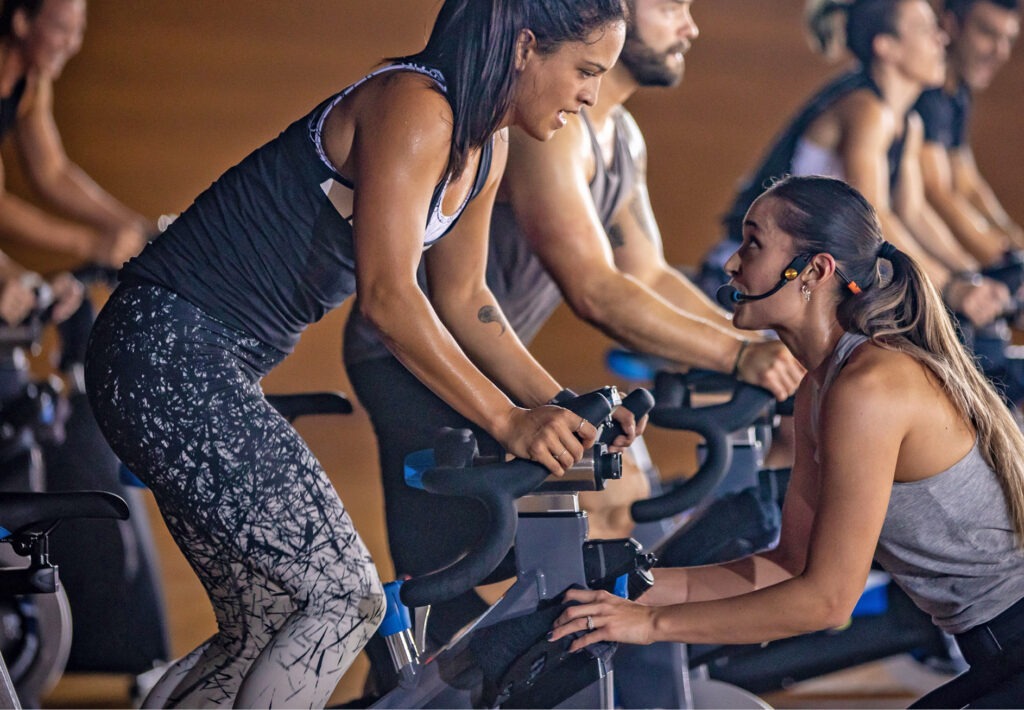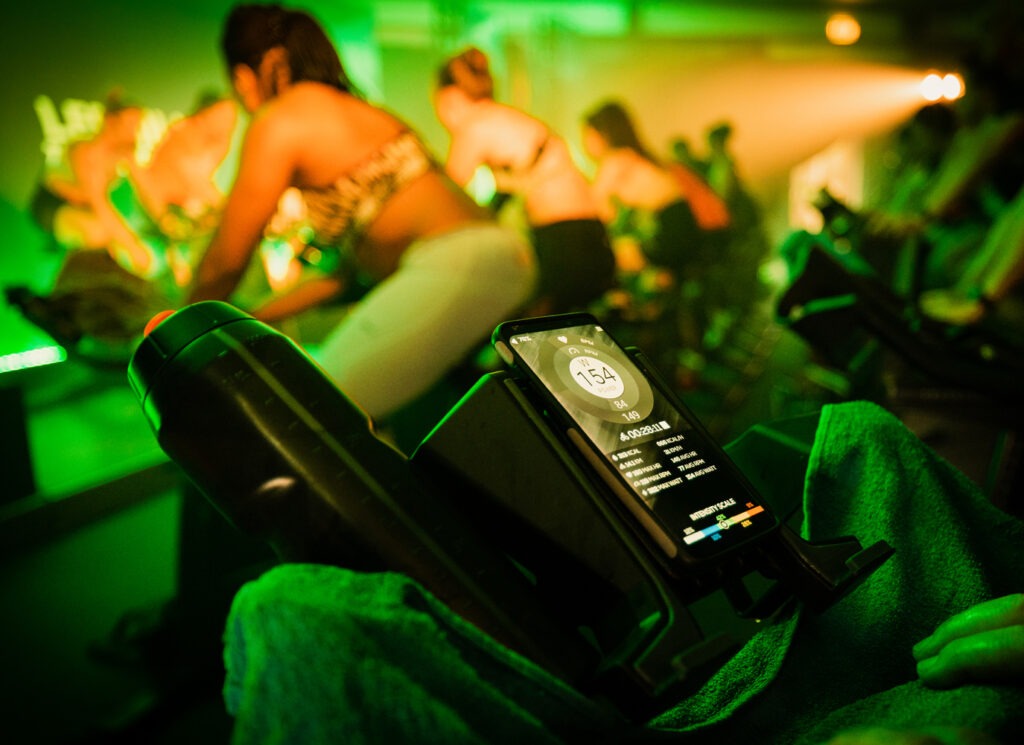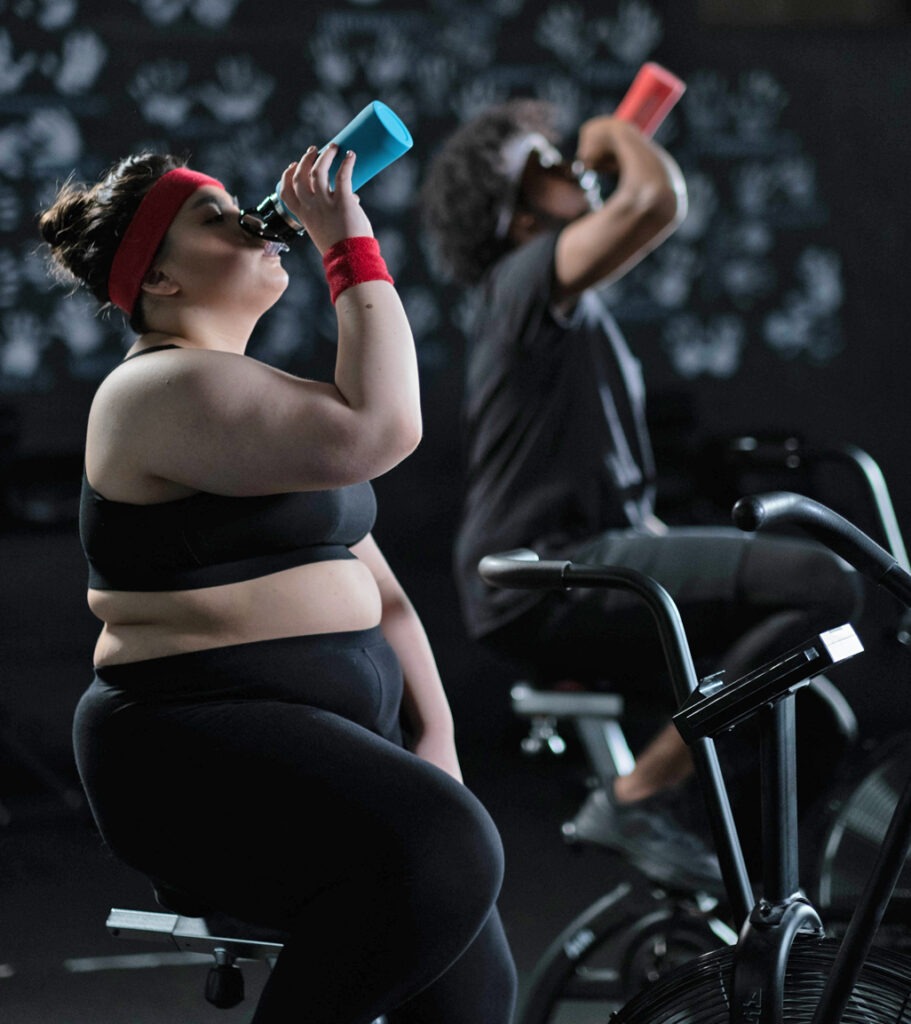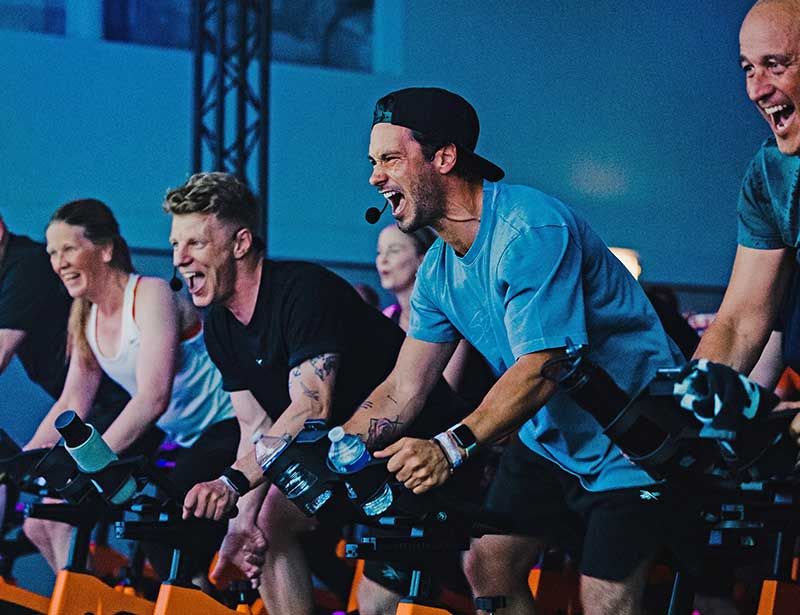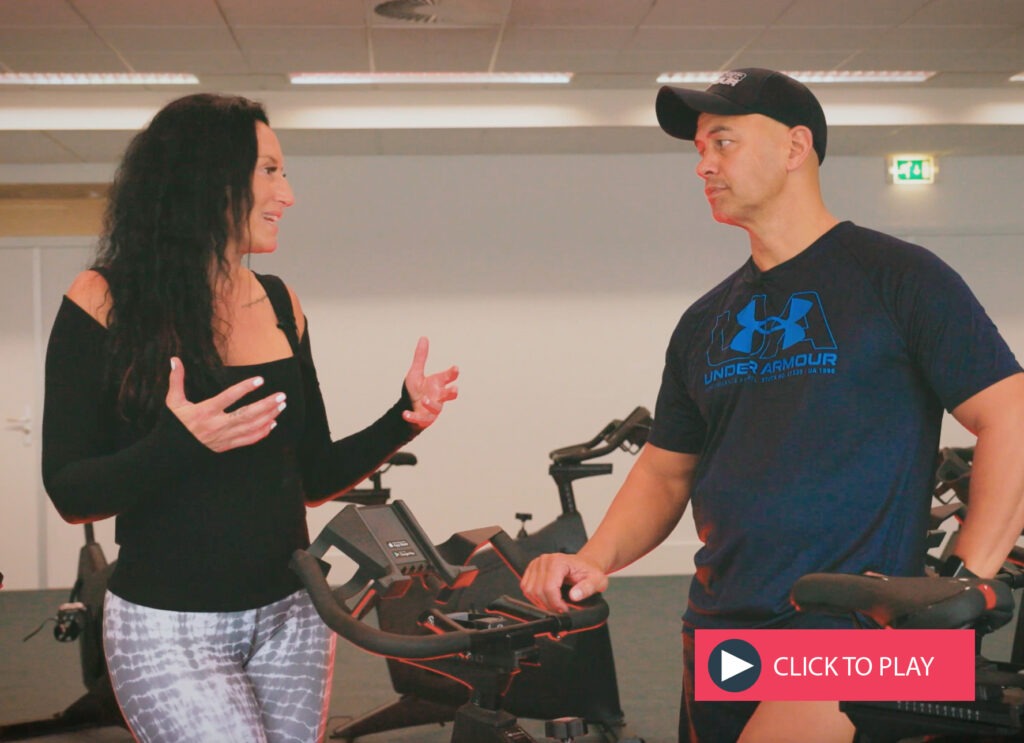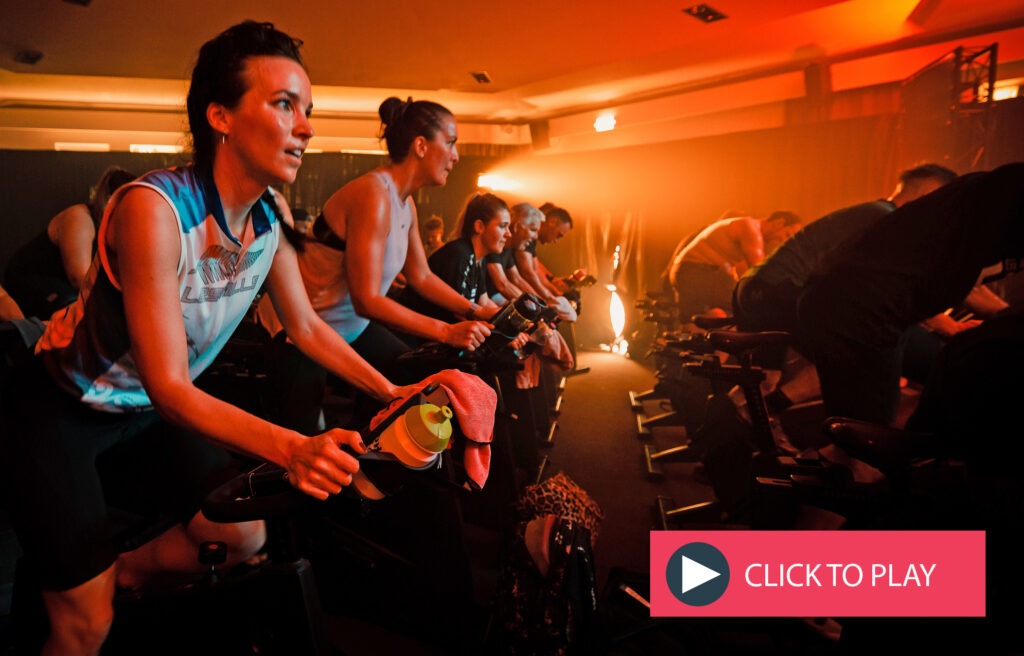Tom Moos
When did you launch Holy Ride – and why?
We launched Holy Ride in April of this year, inside our first Saints & Stars club in Amsterdam Oud-West – a club that originally opened in 2018.
The ‘why’ is interesting, because when we went back to our original drawings for the club, it included a Ride studio; even before we launched Saints & Stars, we had always planned to offer indoor cycling.
At the time, though, I thought it might be tough to execute three distinct group exercise formats really well, all at the same time. So instead of group cycling, we created our Personal Training offering – something I felt really comfortable with having worked in clubs for years – alongside boxing concept Holy Box and cardio HIIT bootcamp Holy Shred.
Now I realise we should have done Holy Ride from the beginning! Because it’s what our members want, and that’s how we make all our decisions.
We did an in-depth survey of our members and our former members to understand what more they wanted from us and why they had left. The findings were very clear: people loved our brand but we didn’t have all the concepts they wanted. Specifically, we lacked indoor cycling and reformer pilates – with cycling far and away the number one request – and people were going elsewhere for these two disciplines. The decision to create Holy Ride was therefore a very easy one.
How would you describe Holy Ride?
Indoor cycling is the #1 group exercise format in the Netherlands, and in Amsterdam, boutique cycling is incredibly competitive. We knew we needed to do something very different to stand out in a mature market.
At the same time, though, we felt there was an opportunity to raise standards. Looking across the market, we saw too little focus on performance. Yes, a ride has to be fun and a great experience, but we believe the output is important too. We saw strength tracks that we didn’t think were particularly good. We saw immersive environments poorly executed. We saw inconsistencies in quality within brands.
We therefore talk about Holy Ride as ‘Redefining the Standards’, because we’ve taken all of this and turned it on its head in our concept.
We use bikes where you can track all your data and we deliberately make our workouts a little tougher. It’s OK not to be for everyone. We format all our classes, minute by minute, because we believe a strong brand comes from providing the same experience and quality across every class. And we’ve spent €100,000 on the Holy Ride audiovisual system alone, for an immersive experience like no other.
That makes it the most expensive AV system we’ve ever installed, but we had the luxury of the new studio being the conversion of a pre-existing space. The club also already had members, so Ride classes were full the moment the studio opened. We expect to achieve ROI in three months.
Over and above all that, you only have one chance to make a good first impression, especially in a mature market. We were never going to cut corners or skimp on the investment.
“Holy Ride classes were full the moment the studio opened. We expect to achieve ROI in three months.”
Tell us more about the AV.
We knew we wanted to create something really special, so we went outside the fitness sector and spoke to Awakenings Festival – the best festival producer in the Netherlands. It had previously used our studios for smaller events, so we’d seen the incredible lighting and sound effects they could create just from their laptops – far better than anything we’d ever done! We were therefore really keen to work with them, and they were excited by the chance to think outside the box and work on a brand new, small-space concept.
The result is exceptional. We have lasers and LEDs. We have ‘moving heads’ – the tool we use most, which allows us to create all sorts of shapes and effects with our lighting, flooding the space with light and movement.
We have water-based smoke, which is really cool. In a cycle studio, you’re part of a pack, but you also want your own space to focus on yourself. The smoke helps create that sense of personal space, which is impressive given we have 60 bikes in 130sq m of floorspace. I’ve never put so many people in a room
And because our classes are formatted, we know exactly what’s coming, so the sound and light all comes together perfectly with the class content. In a climb, for example, we use music and beams of light to build the ‘scenery’ of a climb. In a sprint, the lighting is suddenly very quick, with lots of colour and lots of white, culminating in a blinding flash of light at the end – done! – and then a sudden plunge into total darkness and silence before slowly building back up again.
The instructor also has the best seat in the house when it comes to the sound. This isn’t the standard approach, but it ensures they’re absolutely on-point in their delivery
Are your stars OK with formatting?
A lot of people say formatting kills creativity, but I disagree. All our classes are formatted, not just Holy Ride, and I believe it’s a real strength for us.
It certainly doesn’t mean the experience is repetitive. Our members typically do around three classes a week, and we change formats regularly enough that you’d be unlucky to do the same class twice. This isn’t hard to do, either, because there are moves in indoor cycling that you always do in every class. If you move sections around to be in a different order, change the music and the lighting, it’s instantly a very different experience. Even just changing 15–20 per cent of a cycling class makes it feel totally different.
Then consider that even good instructors elsewhere might use the same playlist multiple times… I don’t think it’s formatting that makes the experience boring!
The challenge was persuading star instructors of this –because as with all our concepts, I wanted the absolute top indoor cycling instructors in Amsterdam to come onboard and deliver Holy Ride.
We’d done our research and we knew who we wanted, but getting them onboard was the toughest part of the whole project. The secret – other than paying them well and continually training them, which is something we’ve always prided ourselves on – was to get them involved early. We invited them to help develop the concept and the formatting, creating the product they would deliver, and we got the instructors we wanted.
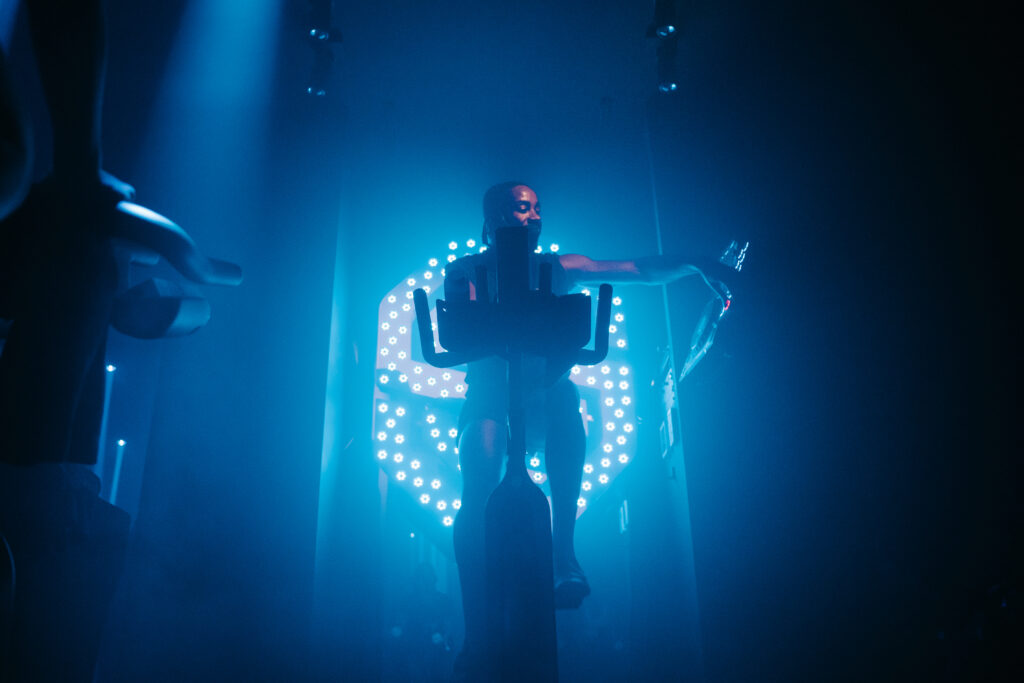
“Our member base grows each time we add a new concept, so it makes sense to make our products as ‘whole’ as possible”
So, you have seven concepts now?
Yes, we have Holy Ride, Holy Shred, Holy Box, Holy Booty, Holy Build – a small group technique-based workout for members only, not those on class packs – Personal Training and our Open Gym.
Holy Shred is the only concept that’s currently on offer at both our locations, because our clubs only about 10 minutes’ cycle ride apart. It’s easy for people to use both of them, depending on which workout they want to do that day.
Our members typically each do three or four of our seven concepts. There’s one cluster who veer towards Personal Training, Open Gym and Holy Build – typically members who like gym workouts but who want a more experiential environment. The other cluster is more group exercise-focused, whereby people mix and match between Holy Ride, Holy Shred, Holy Box and Holy Booty.
When we first set out, I feared that if we offered too much – too many concepts – we might dilute the brand. I no longer worry about that, though, and in large part that’s because our marketing is higher level, focusing on our overarching purpose at Saints & Stars. Particularly for an audience of Millennials and Gen Zs, that’s really important. They want to know why you do what you do.
It’s also the case that our member base grows each time we add a new concept, so it makes sense to make our product as ‘whole’ as possible.
Will you launch more Holy Rides?
We won’t retrofit Ride into our other existing club in Amsterdam Oud-Zuid. The club is large enough to house another studio, but our members spend lots of time in our communal areas and we don’t want to detract from the experience by cramping the space, especially since the 30 per cent growth in membership.
We are, however, opening a new club in Amsterdam in early 2023. If Ride is still in our top three concepts when we design it, it will probably have a Ride studio!
As I say, we respond to what our members want, so in any new club we’ll put in the most popular concepts. We might even introduce an eighth concept in the next one, which at this stage would most likely be reformer pilates. But we’ll always have flexibility in space and mindset to change things in the future if needed. The Gen Z mindset changes all the time. You have to be ready to change with them.
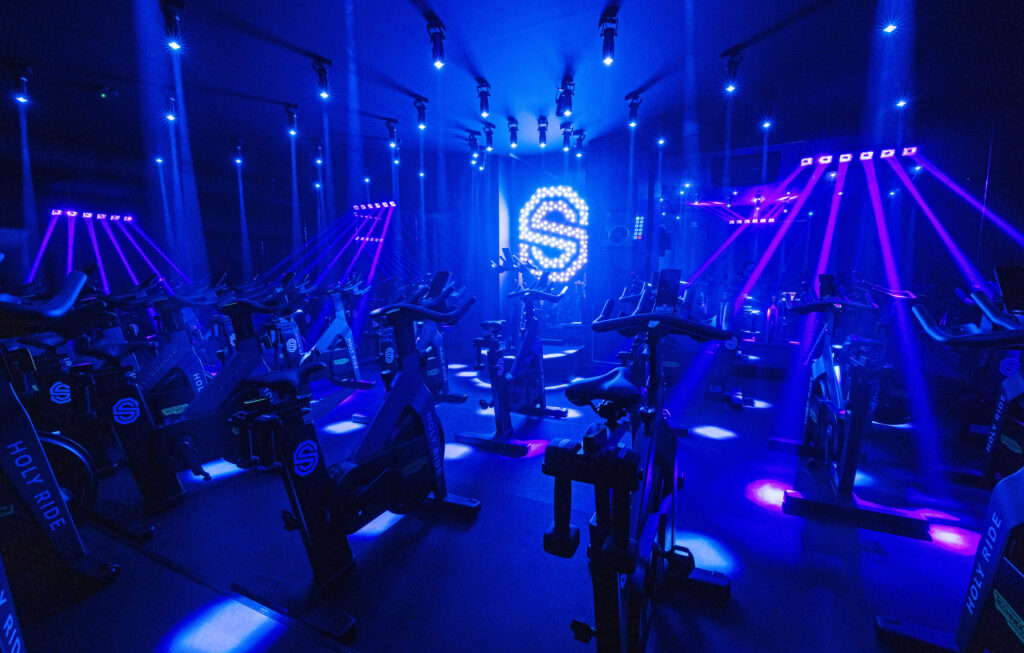
“We respond to what our members want. The Gen Z mindset changes all the time. You have to be ready to change with them.”
Any other plans you can share?
The boutique sector remains challenging, with studios sadly still going out of business since the pandemic; I imagine there may be opportunities to grow further by acquiring and converting existing studios. I’d also love to take Saints & Stars beyond Amsterdam.
The pandemic changed my outlook in other ways, too. For example, I always said we would never do digital content, but in lockdown it was one of the many things we did to keep our community and our instructors engaged with our brand. The content was free to use at that point, and accessible to everyone, and it was great for brand awareness.
Moving forward, although I’m still not 100 per cent sold on digital, I have to recognise that hybrid lifestyles have embedded themselves. It won’t be this year, but at some point in the future I can see us doing some sort of paid-for digital offering.
What’s the future of indoor cycling?
In Amsterdam, which is the market I know, I believe indoor cycling will become increasingly immersive and experiential. There are still a lot of dark boxes at the moment!
We’ll see the technology that customers experience at festivals, for example, becoming affordable for smaller-scale delivery in fitness studios. Operators will need to keep their fingers on the pulse to find the next exciting thing that will engage people in their studio experiences.
We looked at holograms for Holy Ride, for example. In the end, the technology was still too expensive for our business model – for now anyway – but things like this will continue to come through and we need to be ready to embrace it.
“I believe indoor cycling will become increasingly experiential. There are still a lot of dark boxes at the moment!”
What drives you in all of this?
A business like ours isn’t based on spreadsheets or business models or trying make the most money possible. The only way to build a business like this is to do what you love, focus on what you can be really good at, add your own flavour – because a copy job will never, ever work – and then put your whole soul into it.
I love fitness – I train every day – and I love looking for new trends and creating new things. This is my passion and I love the fact that it’s also my job.

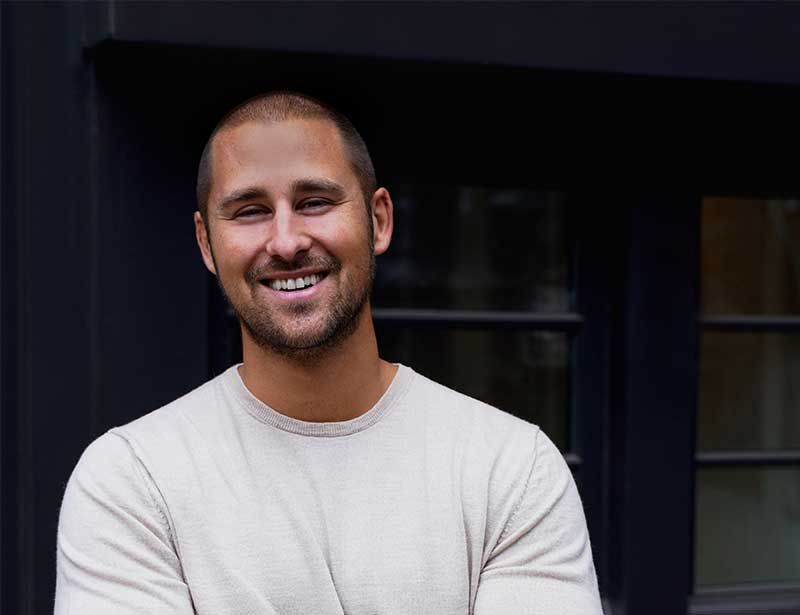
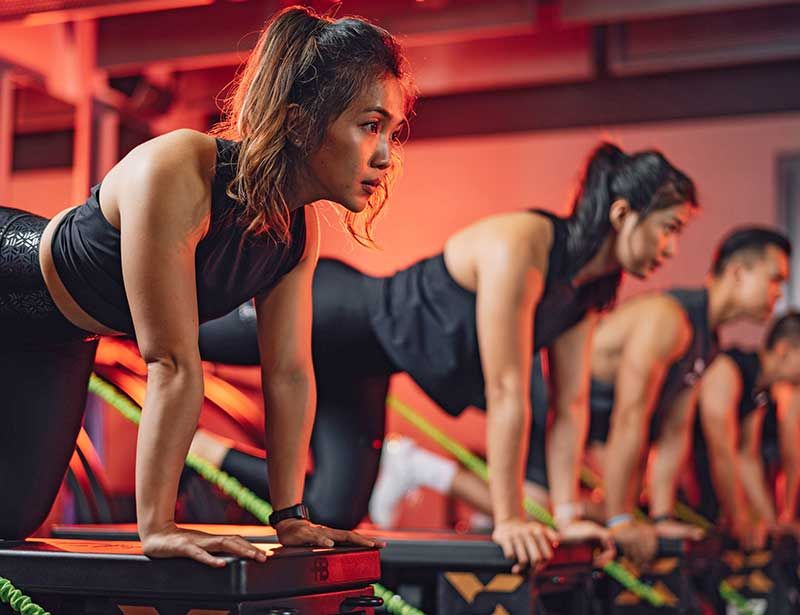
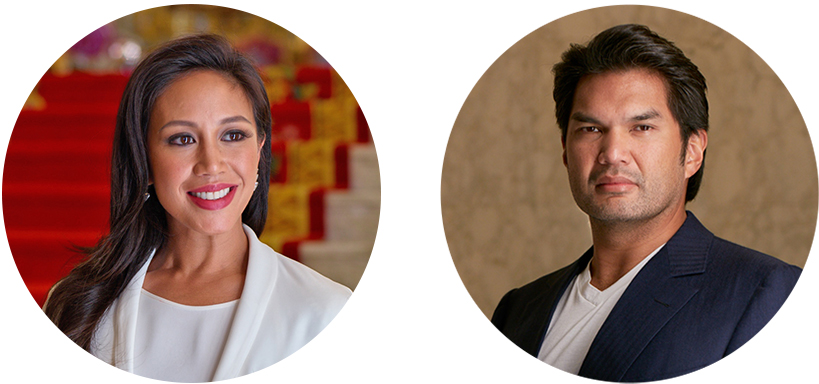
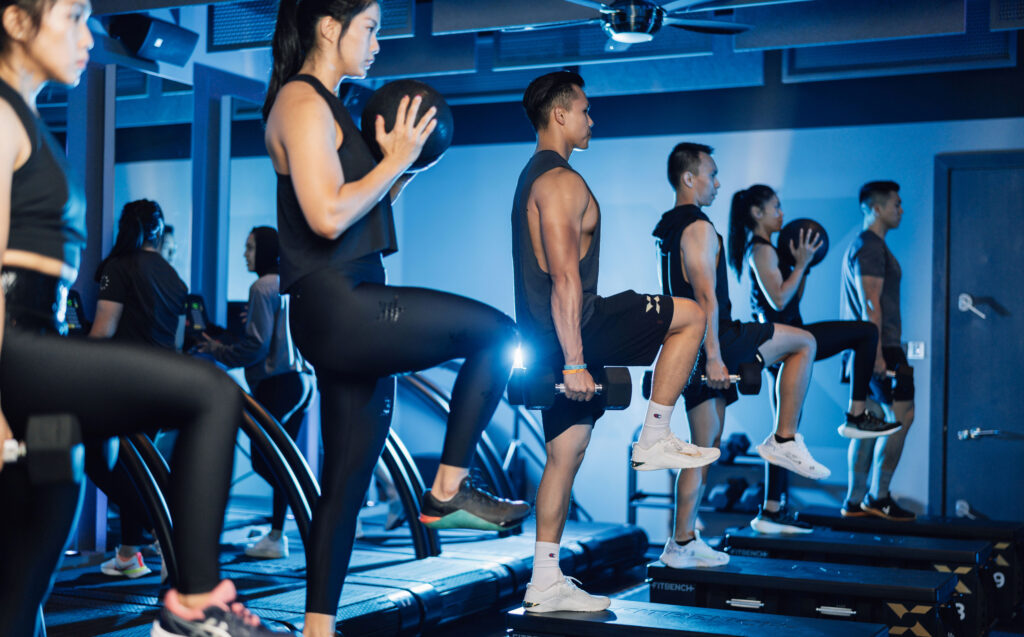
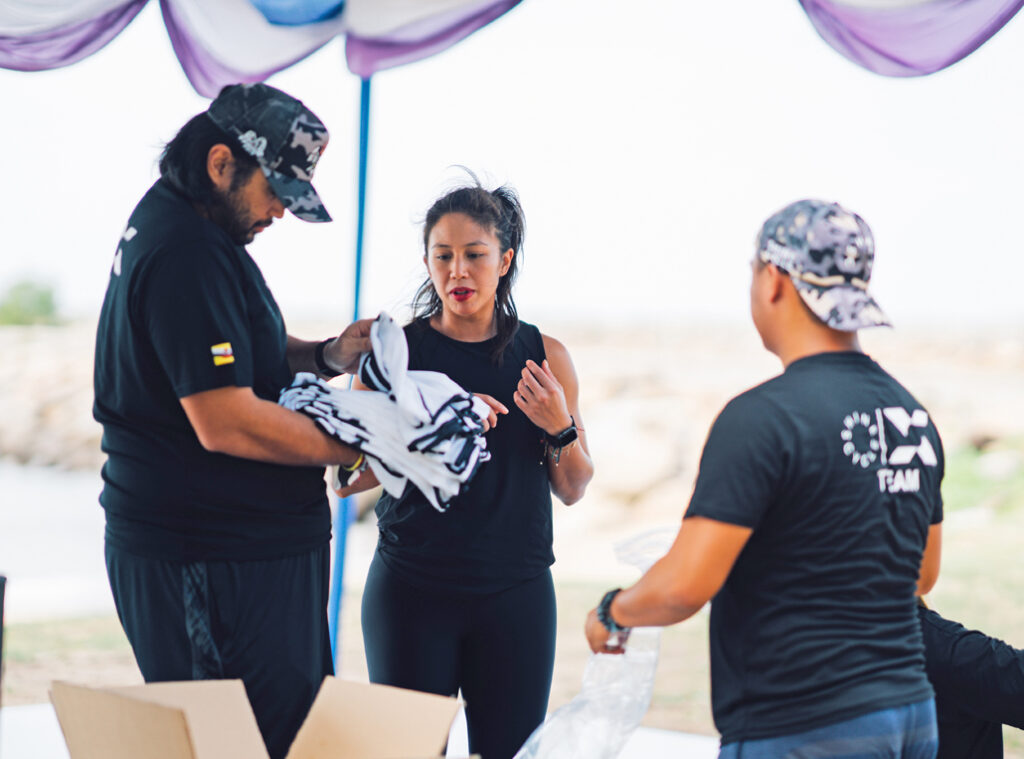
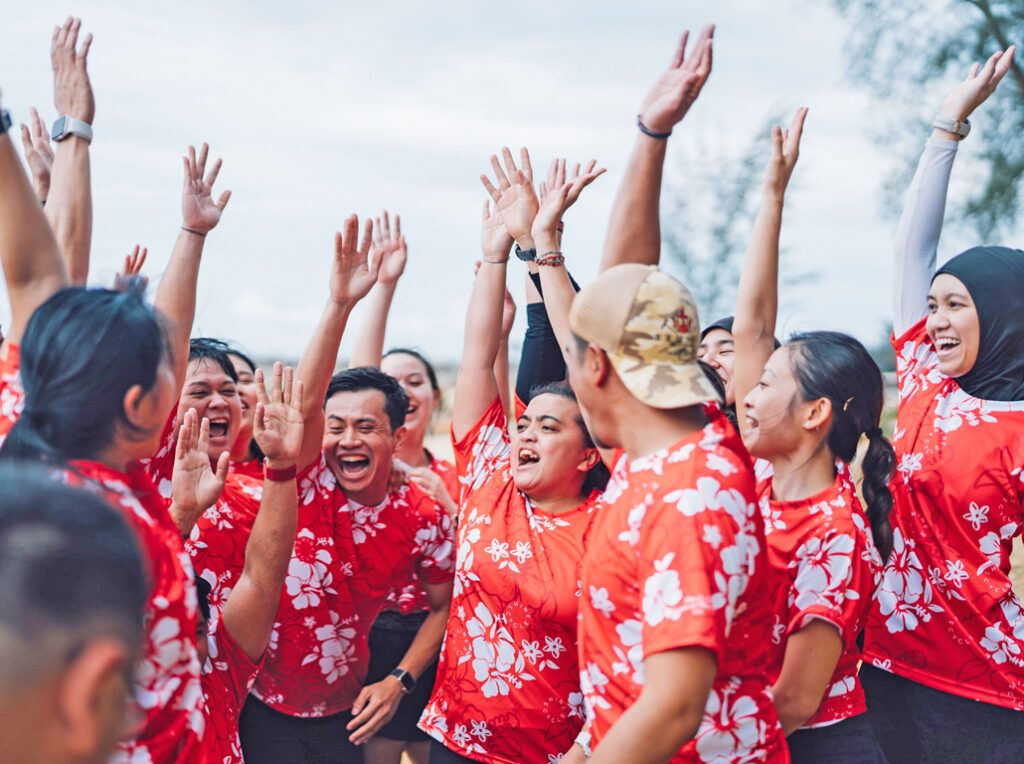
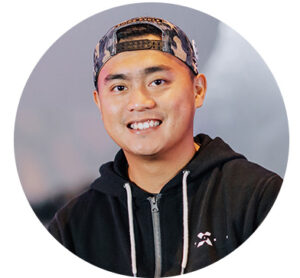
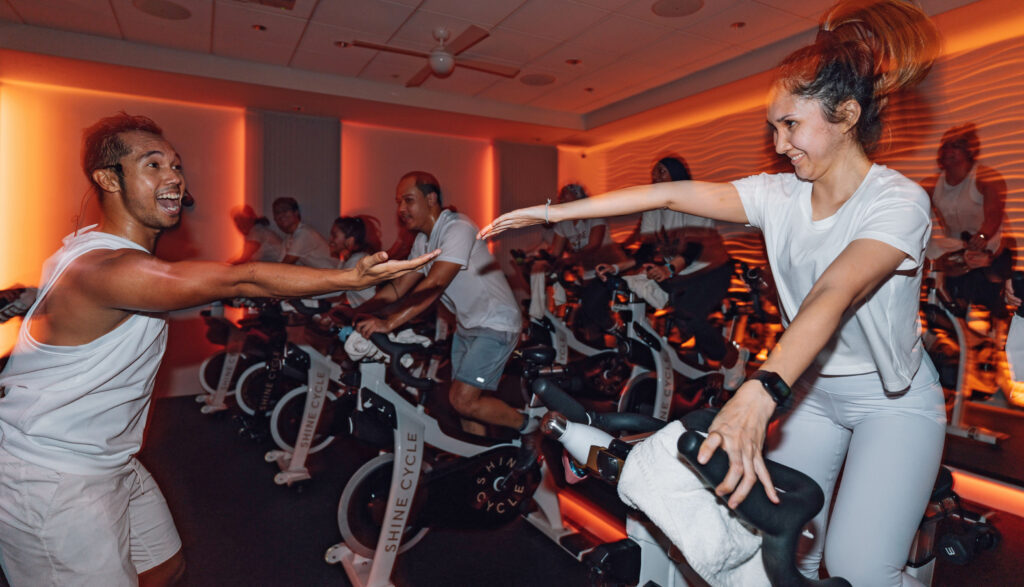
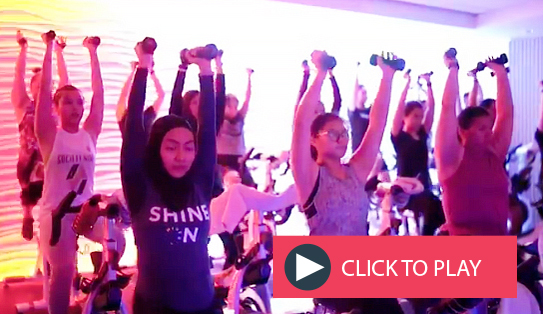
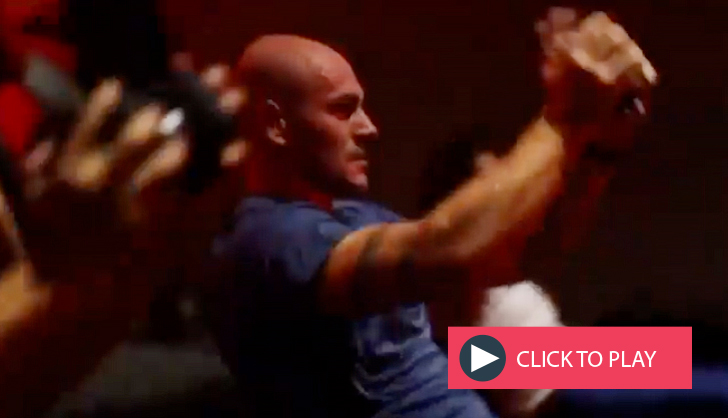
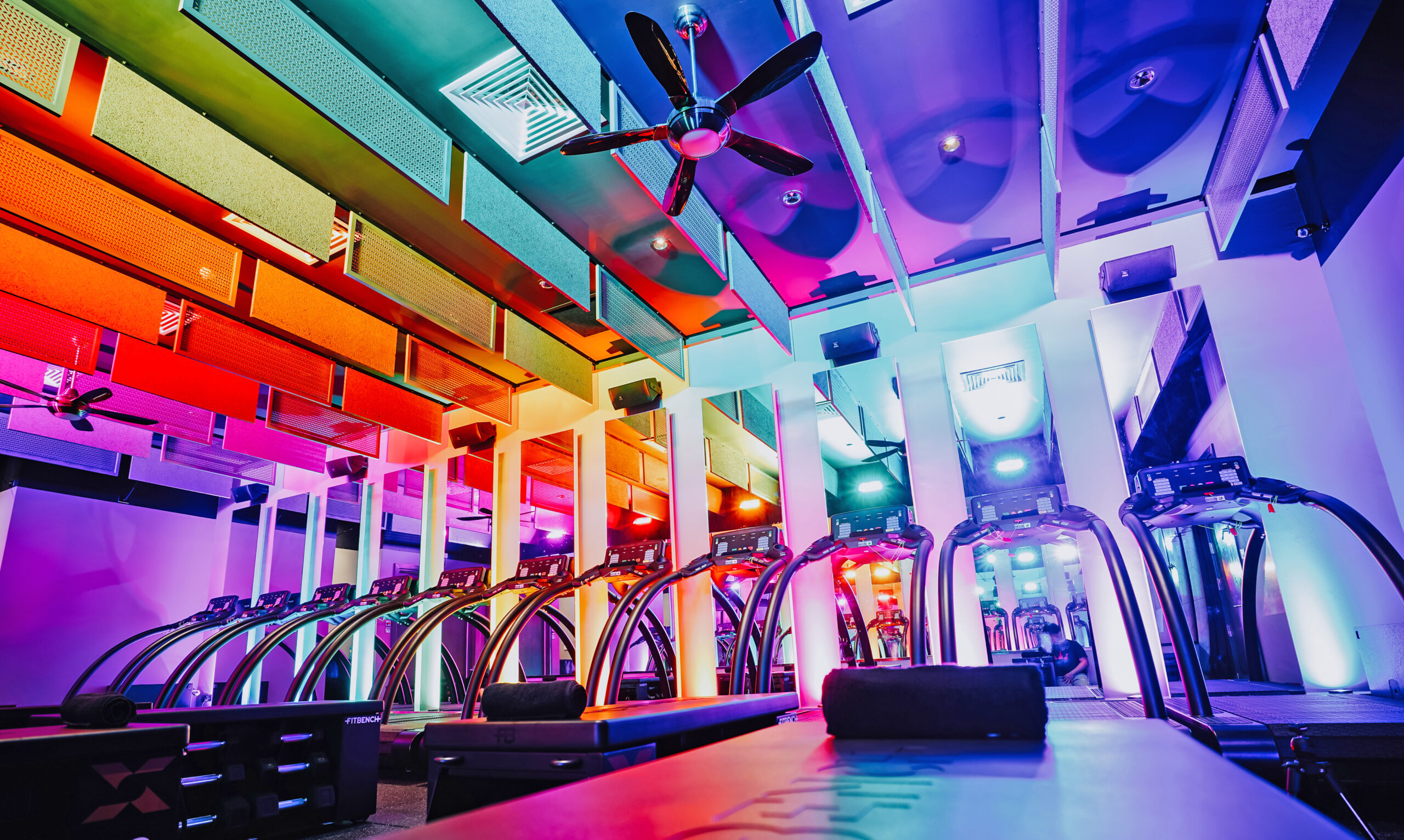
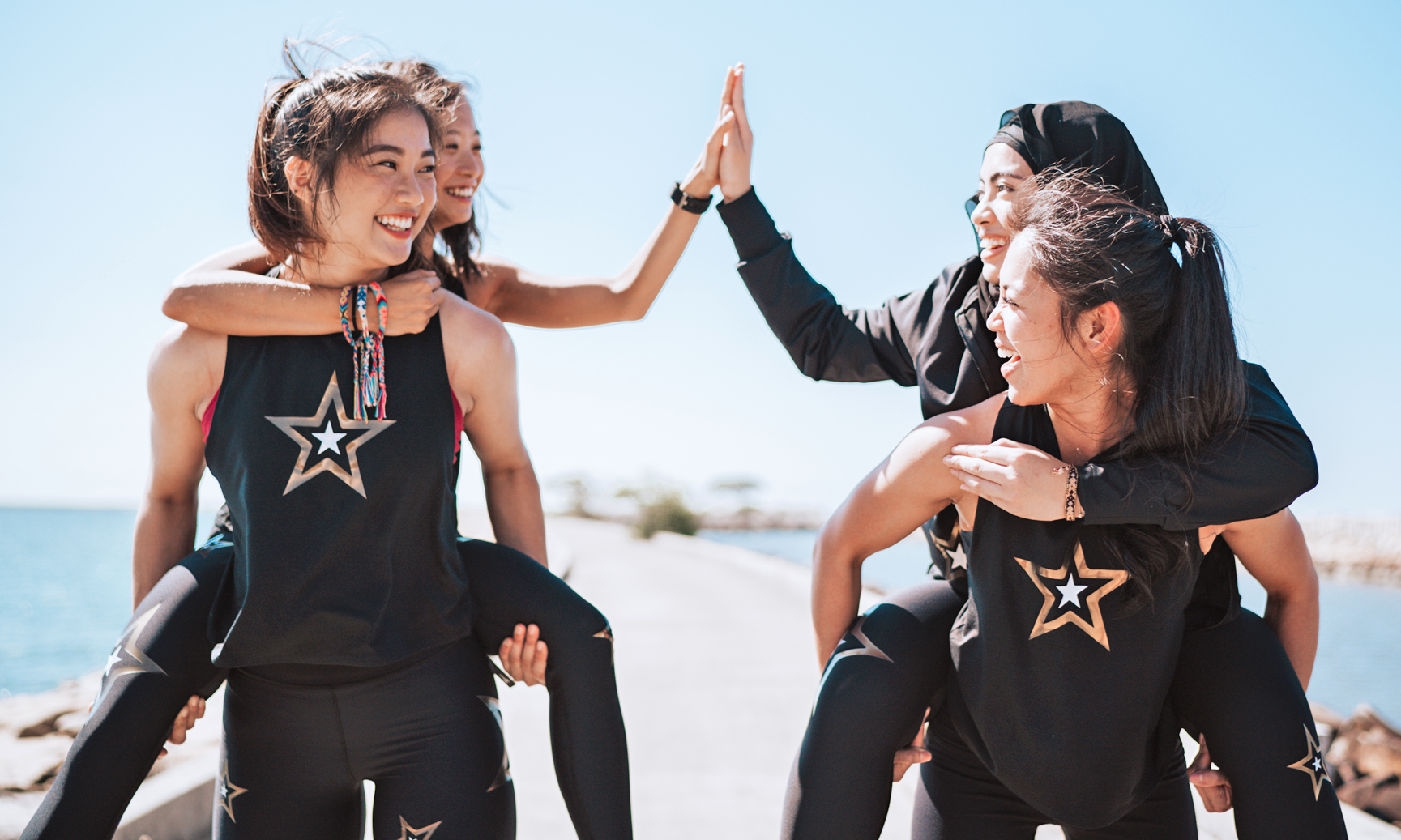
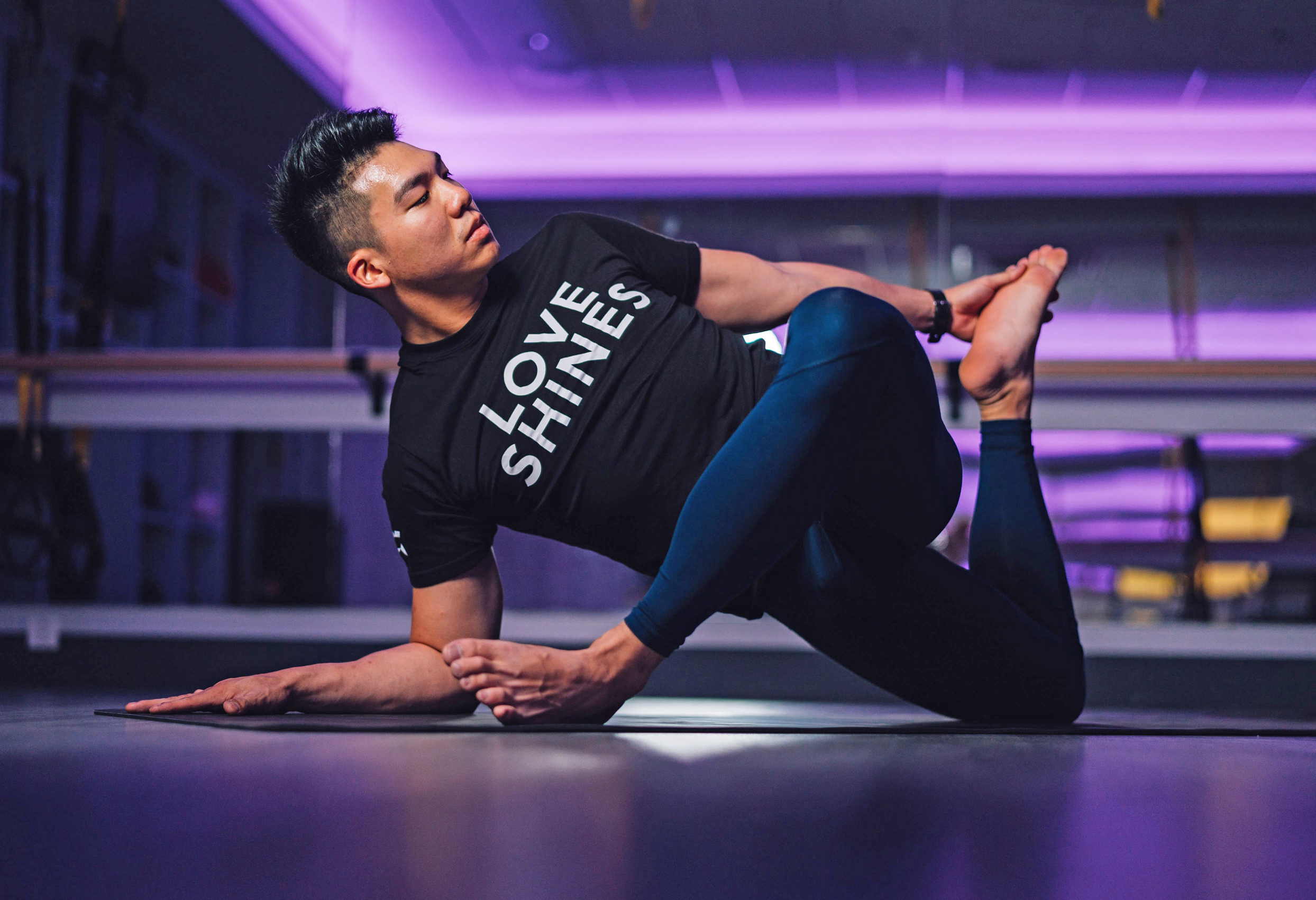
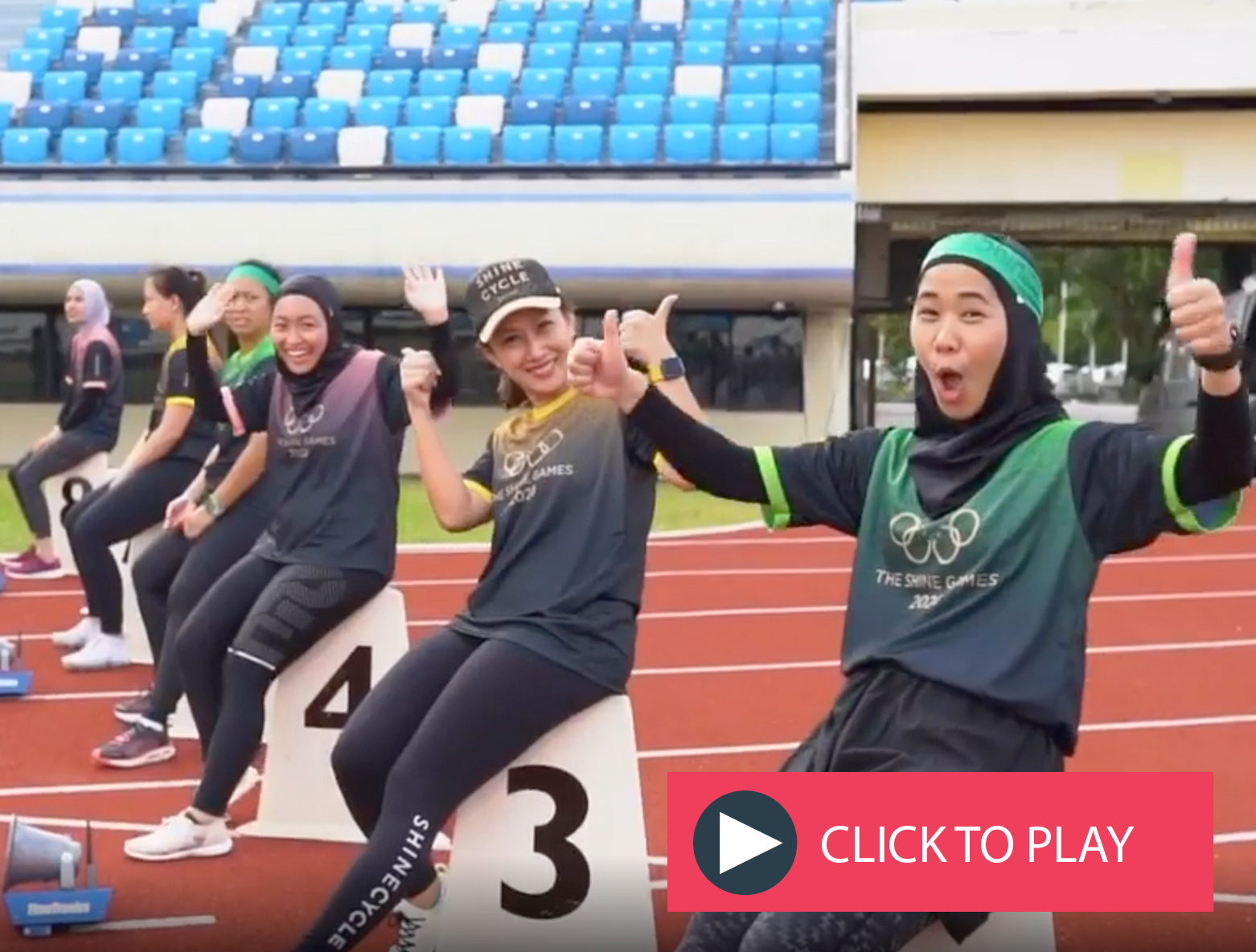
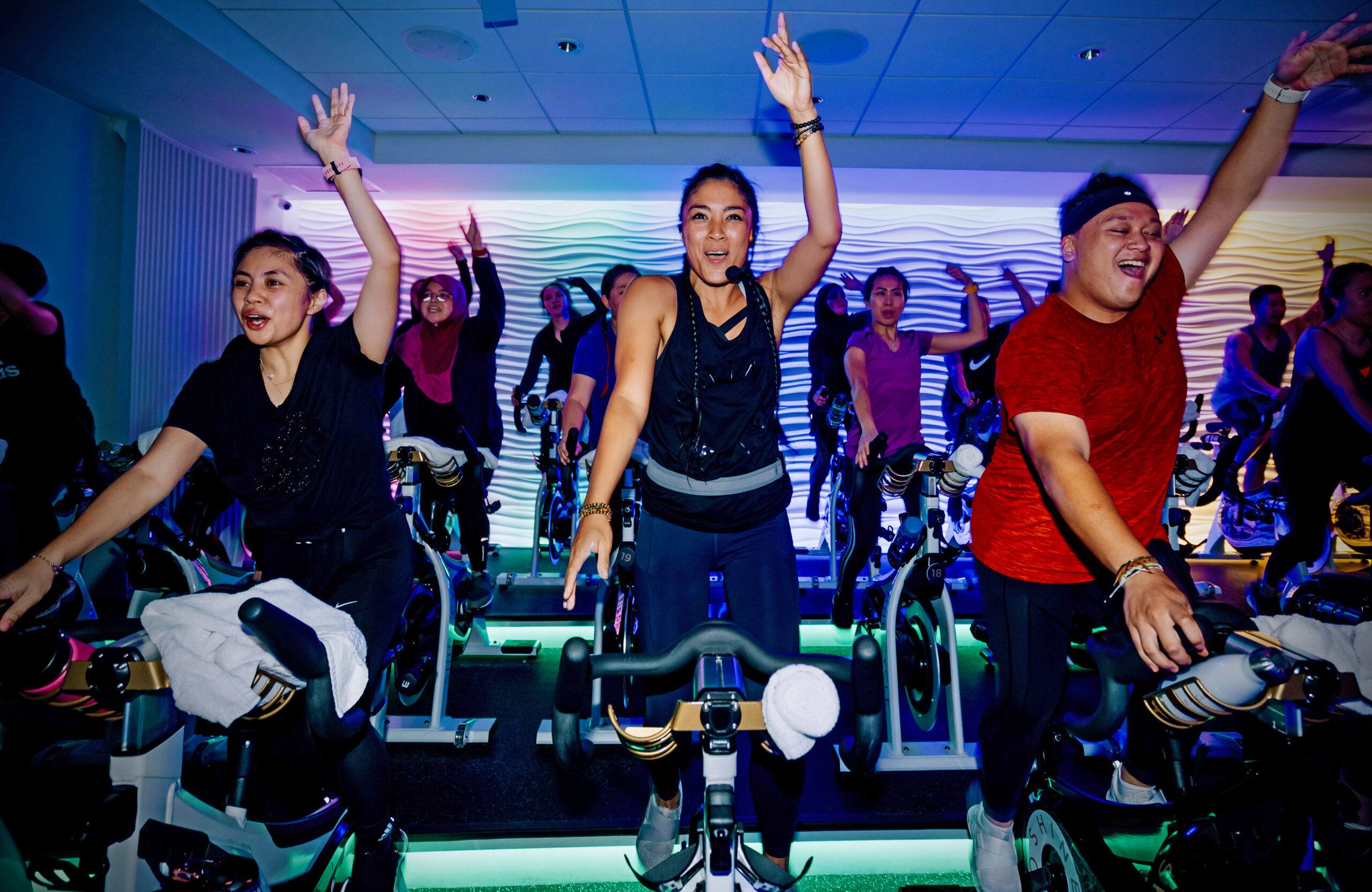

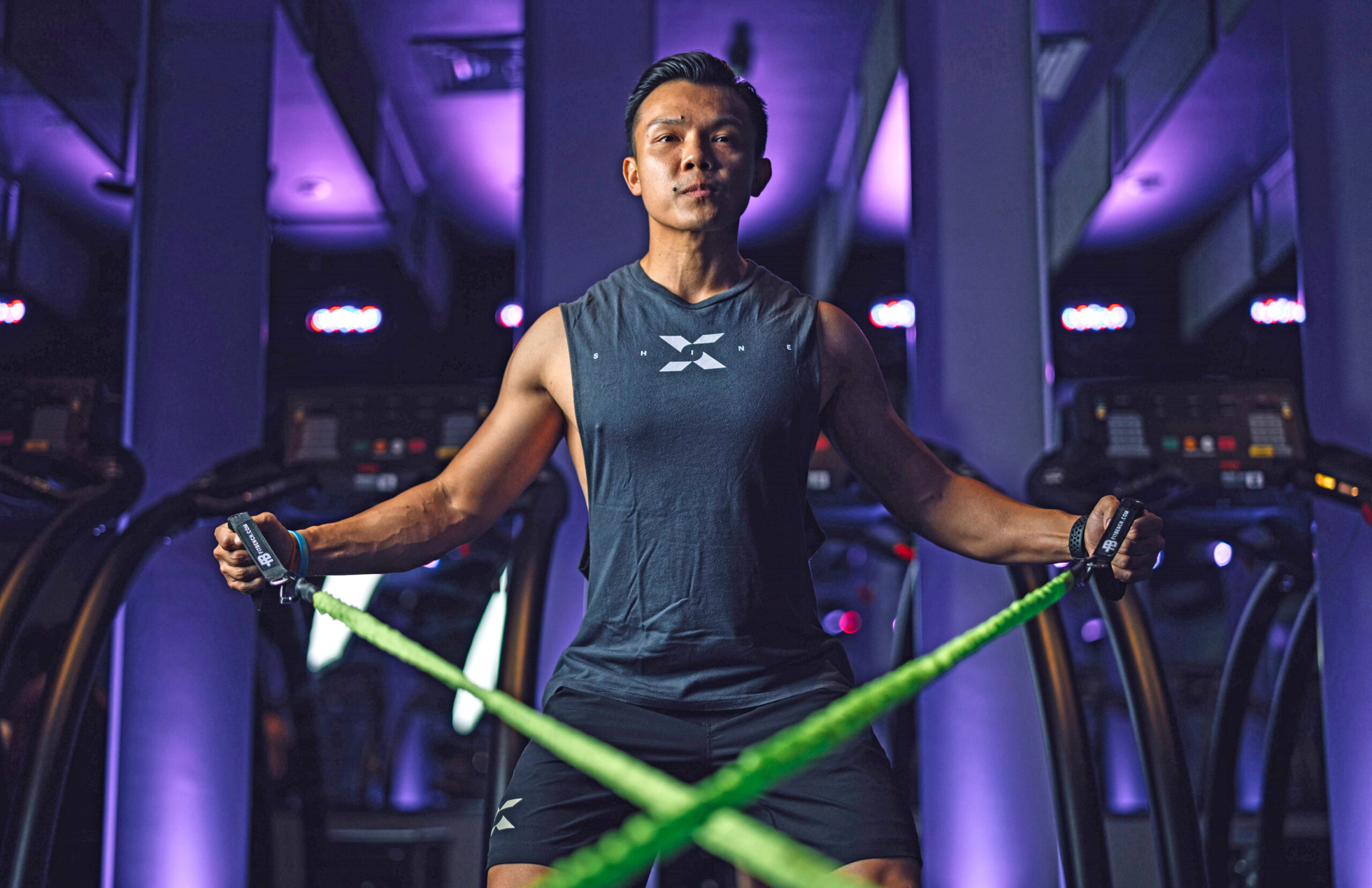
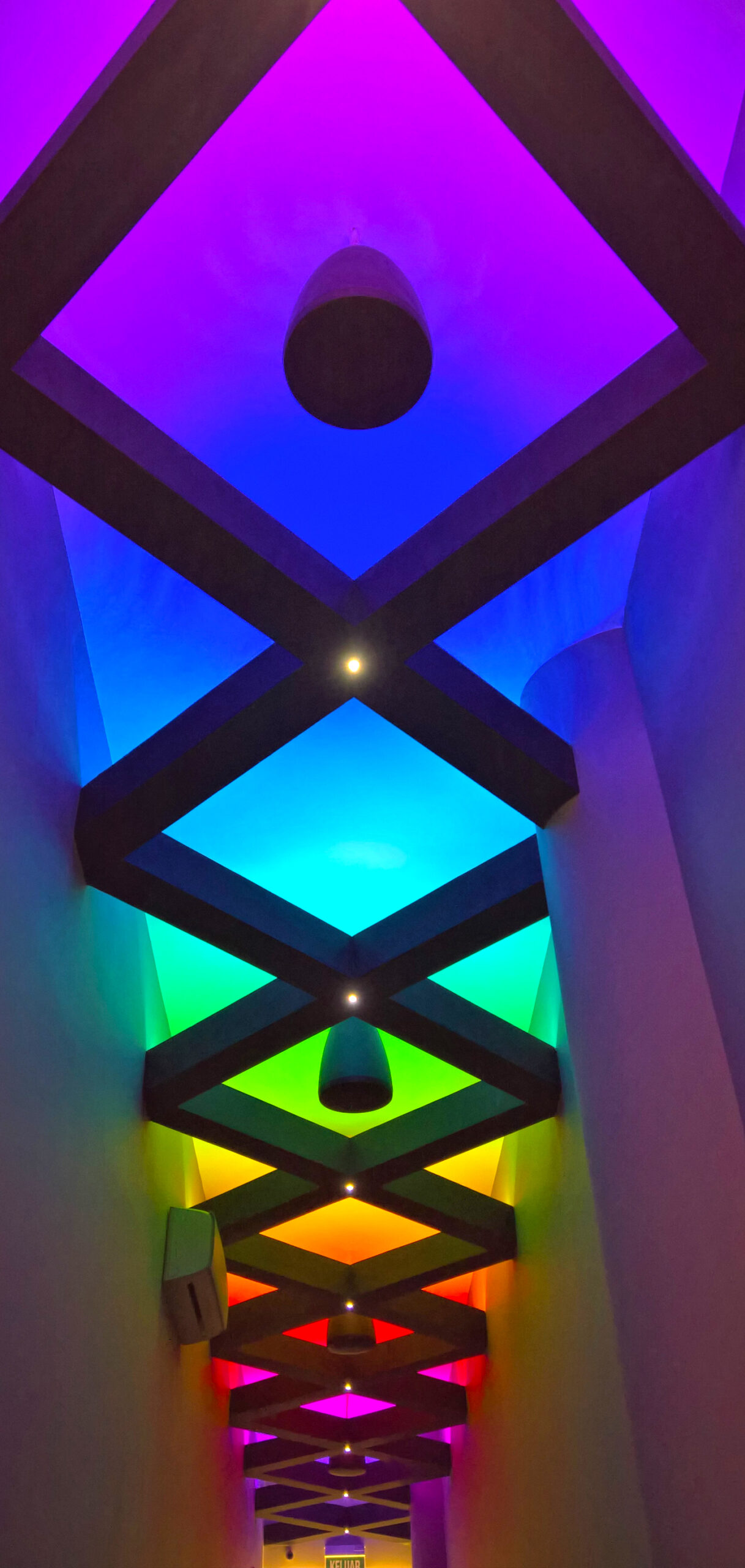
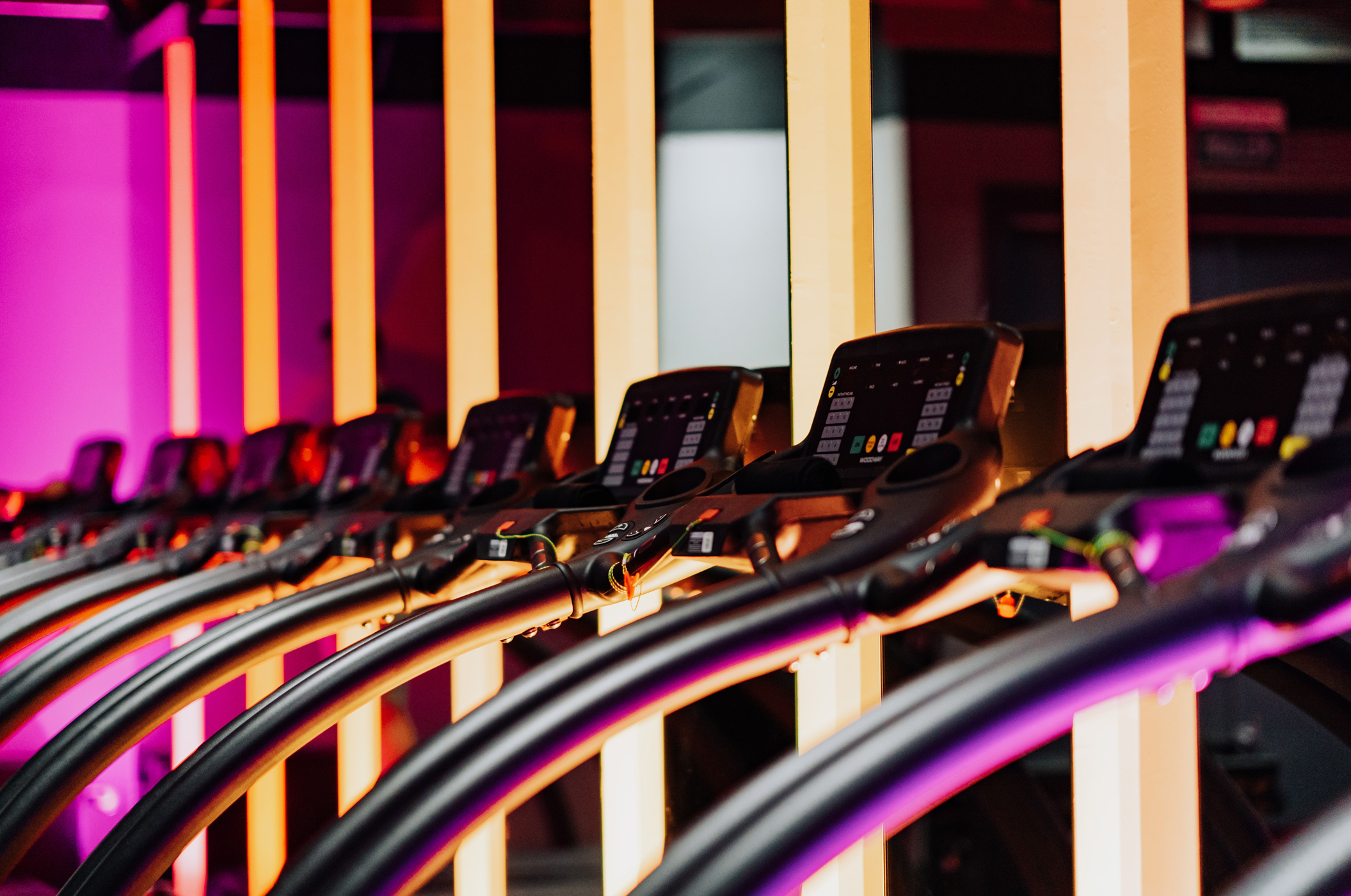

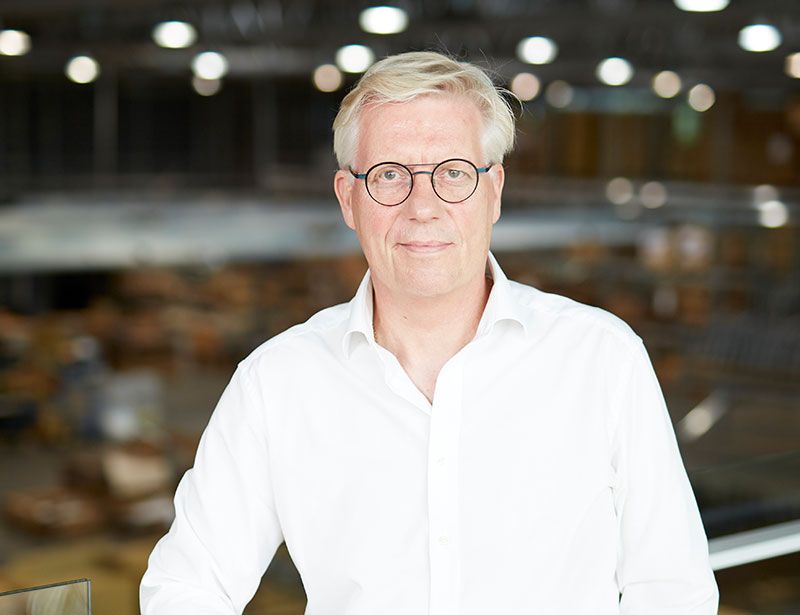
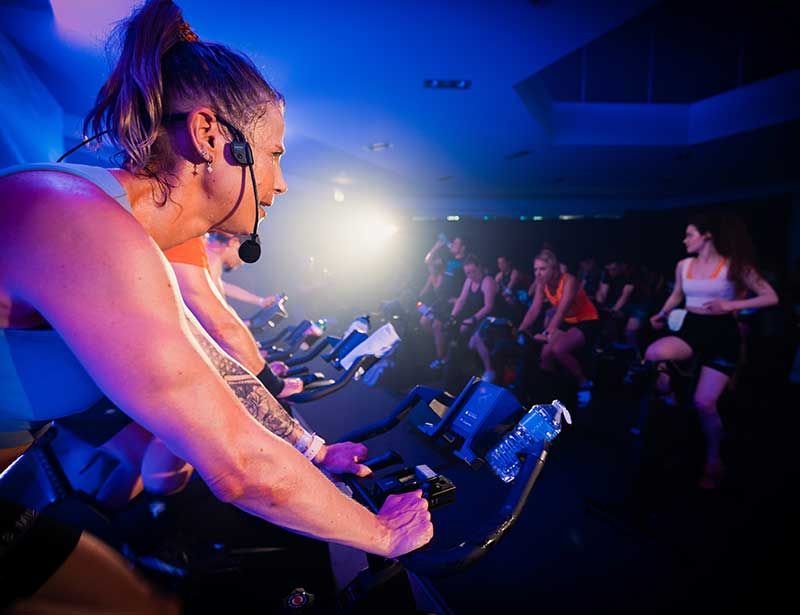
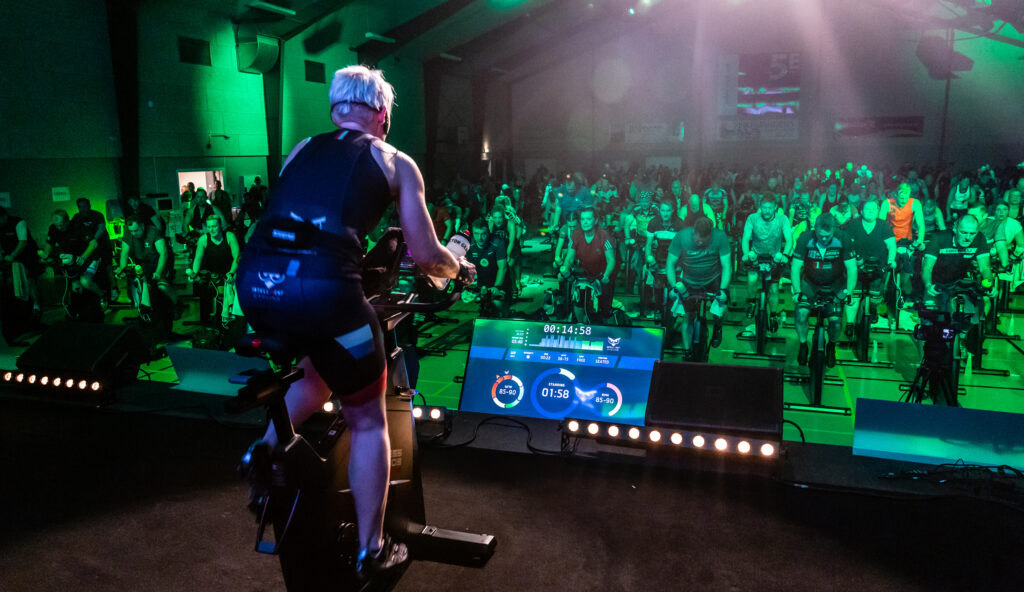
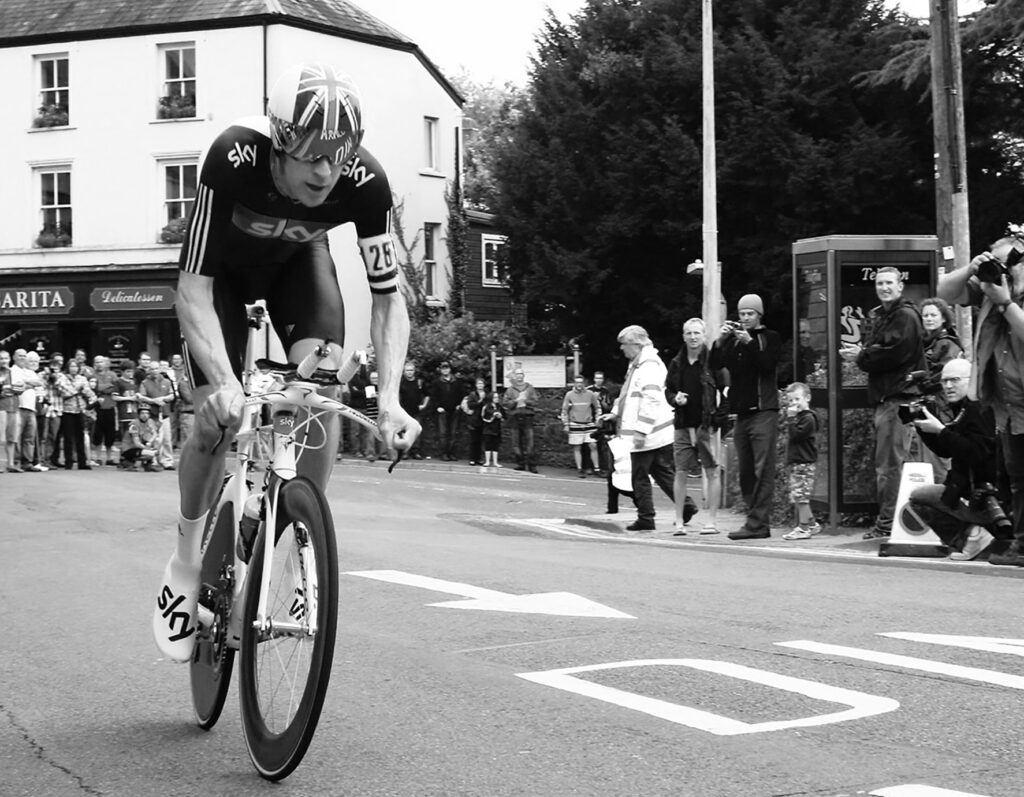
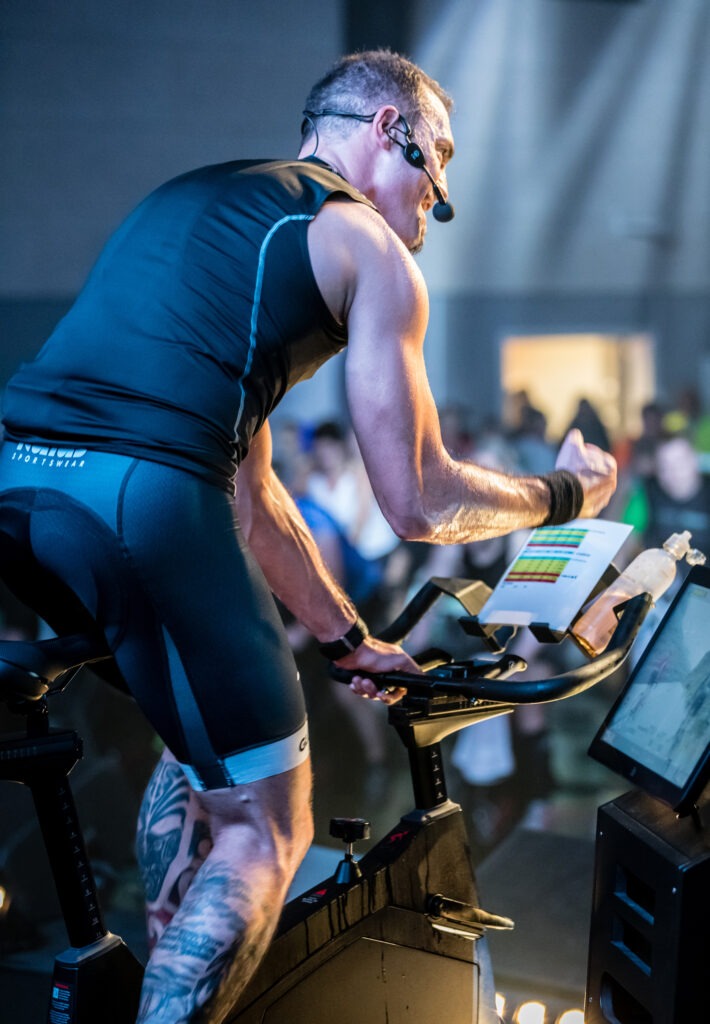
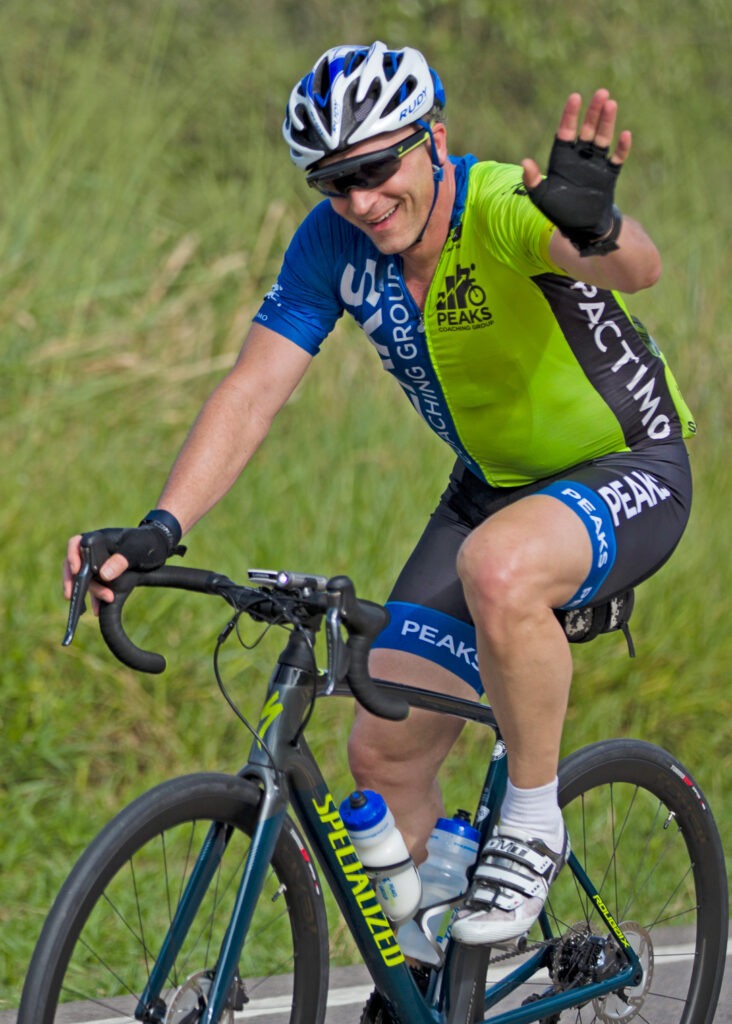
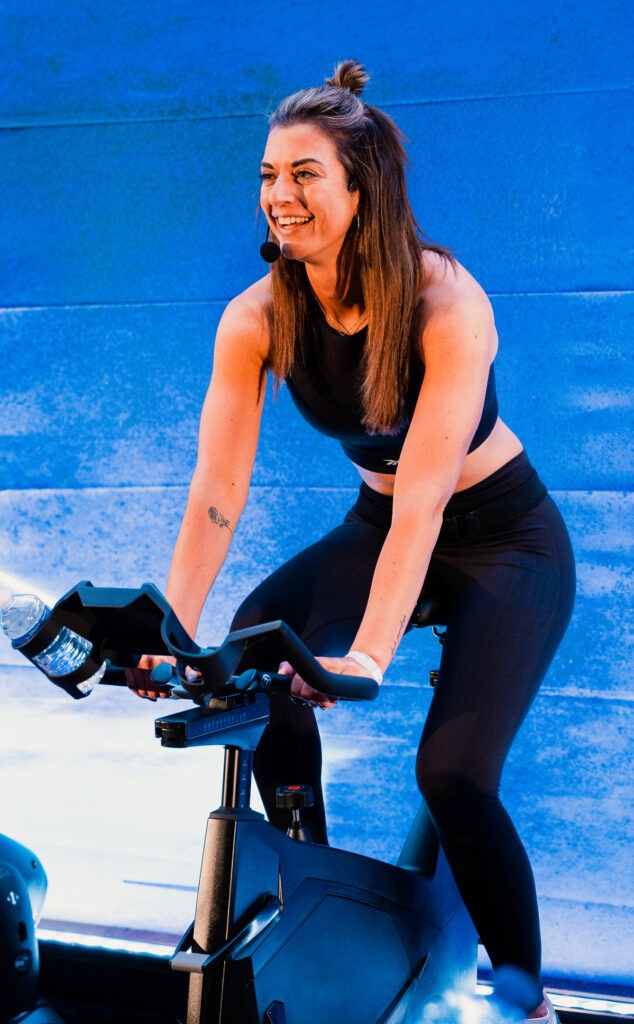
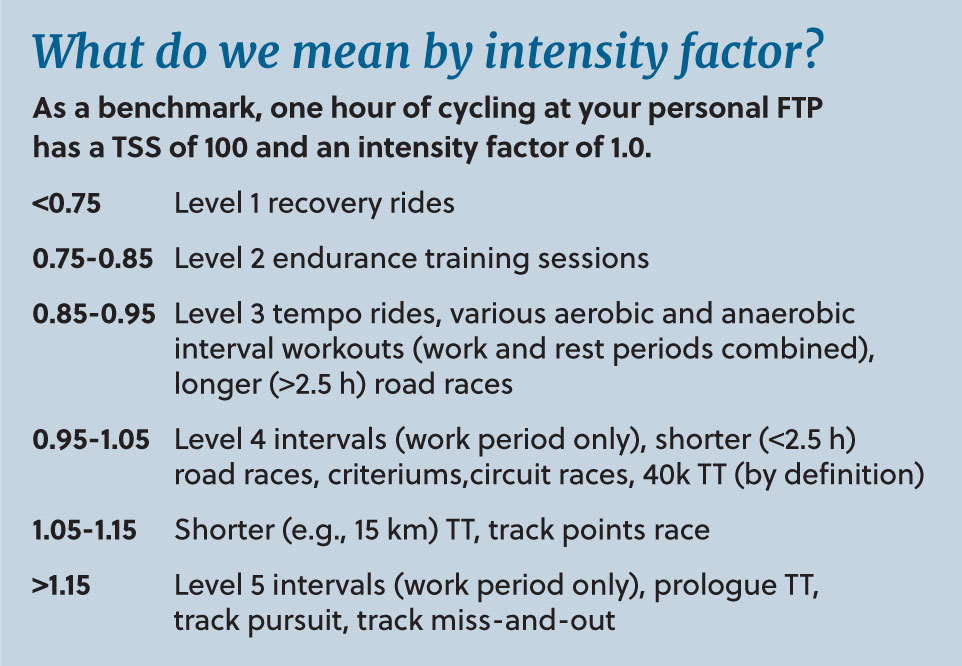 Read more: Hunter’s previous RIDE HIGH article – on why he believes indoor cycling classes should always be based on power – can be found
Read more: Hunter’s previous RIDE HIGH article – on why he believes indoor cycling classes should always be based on power – can be found 